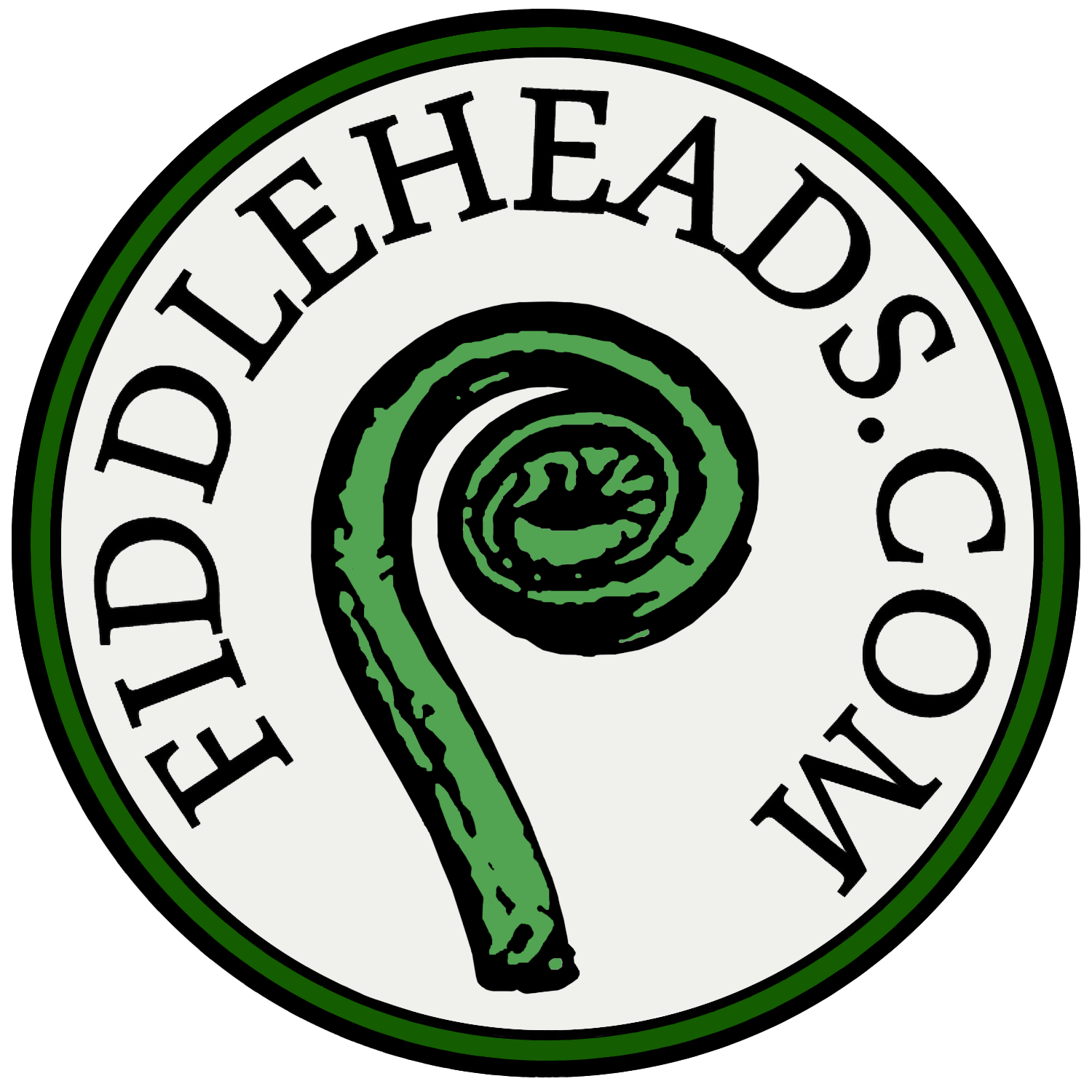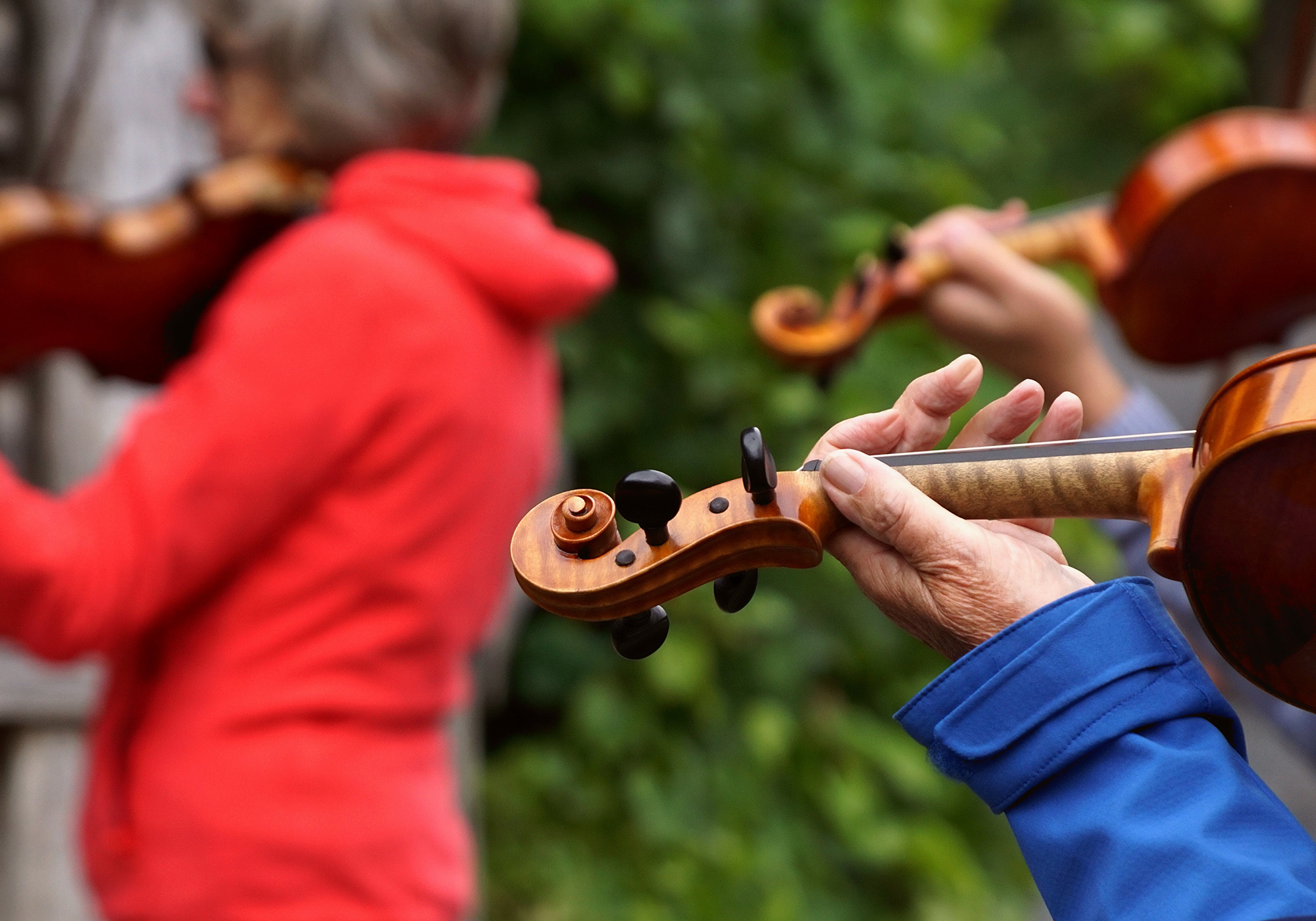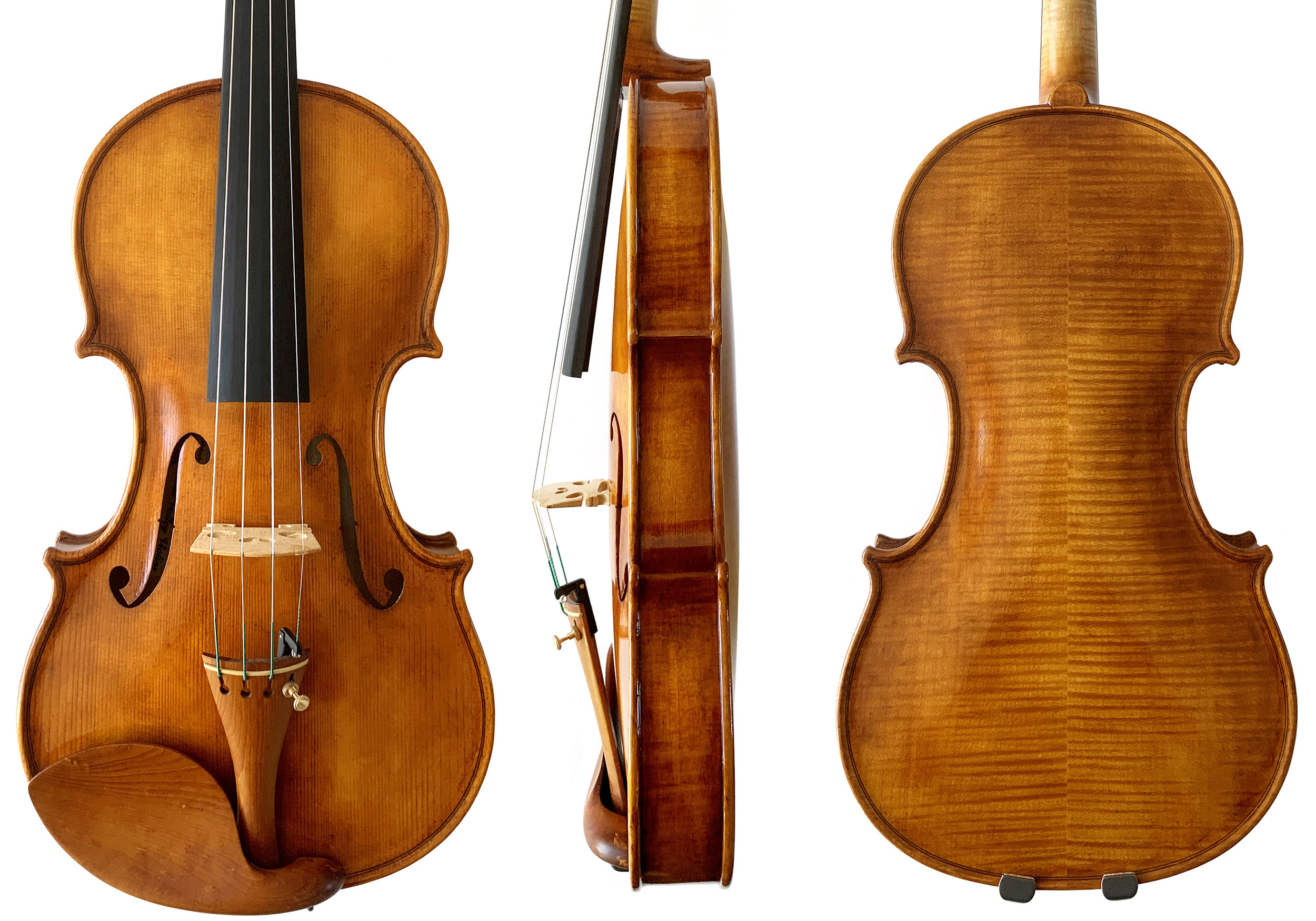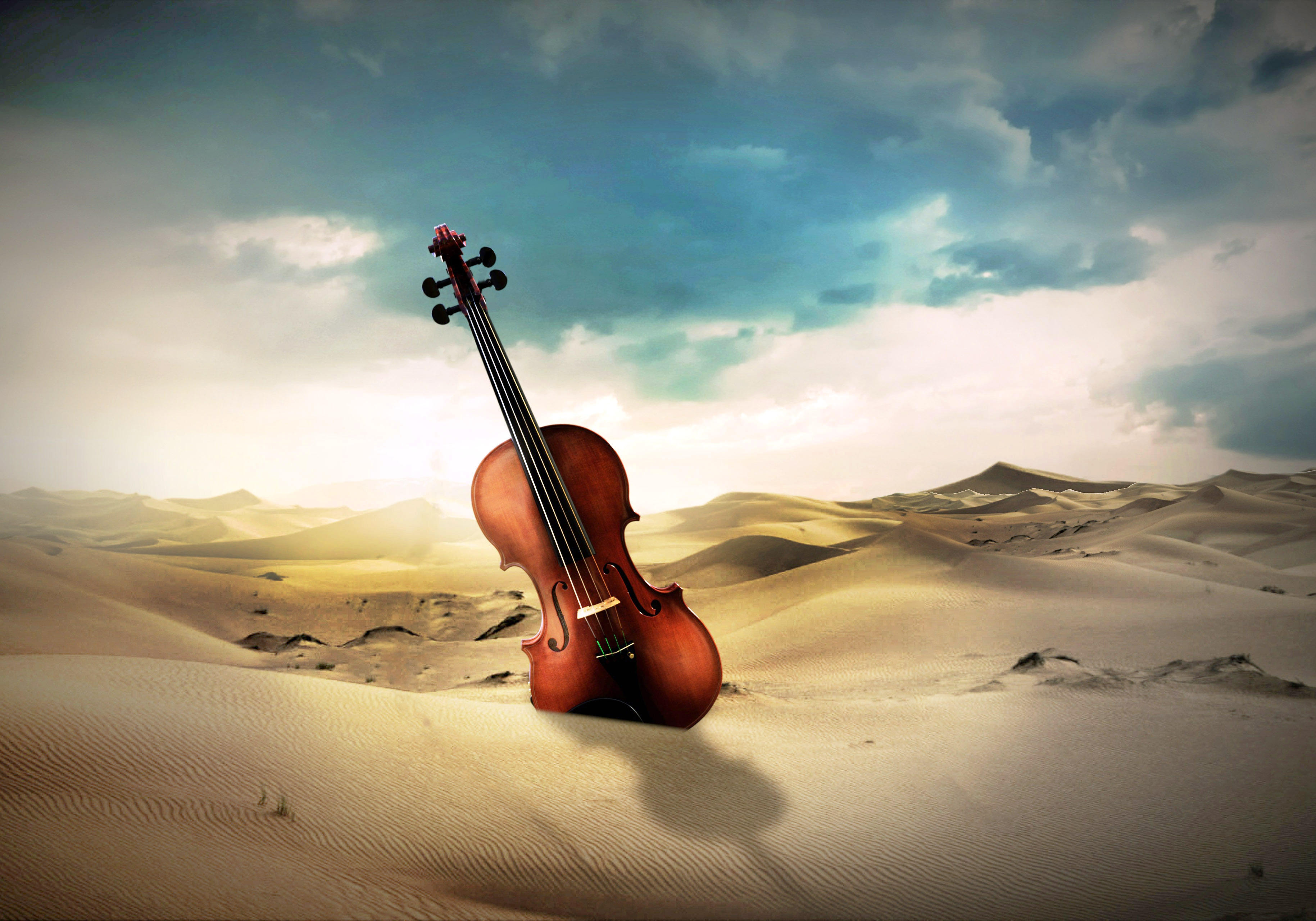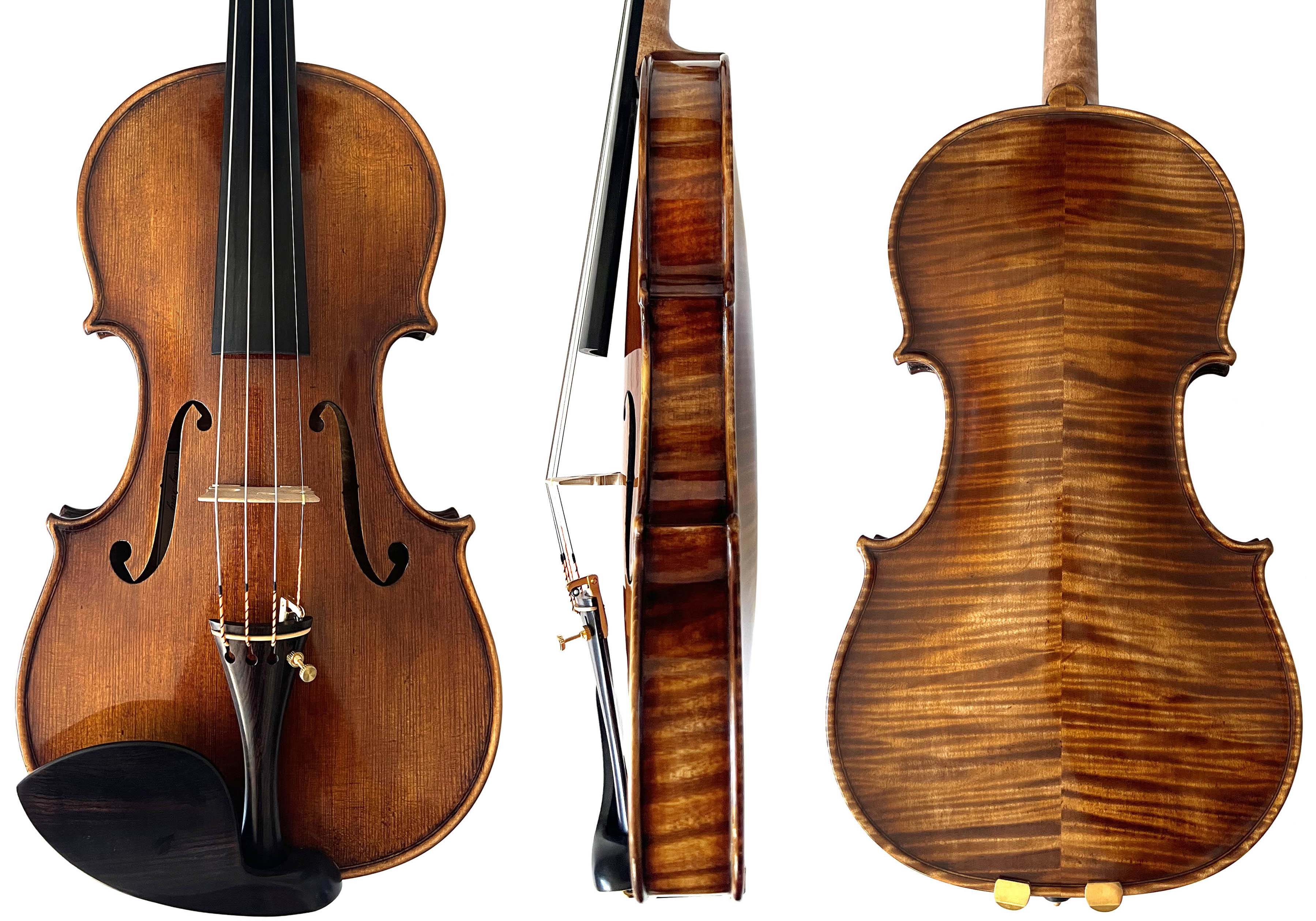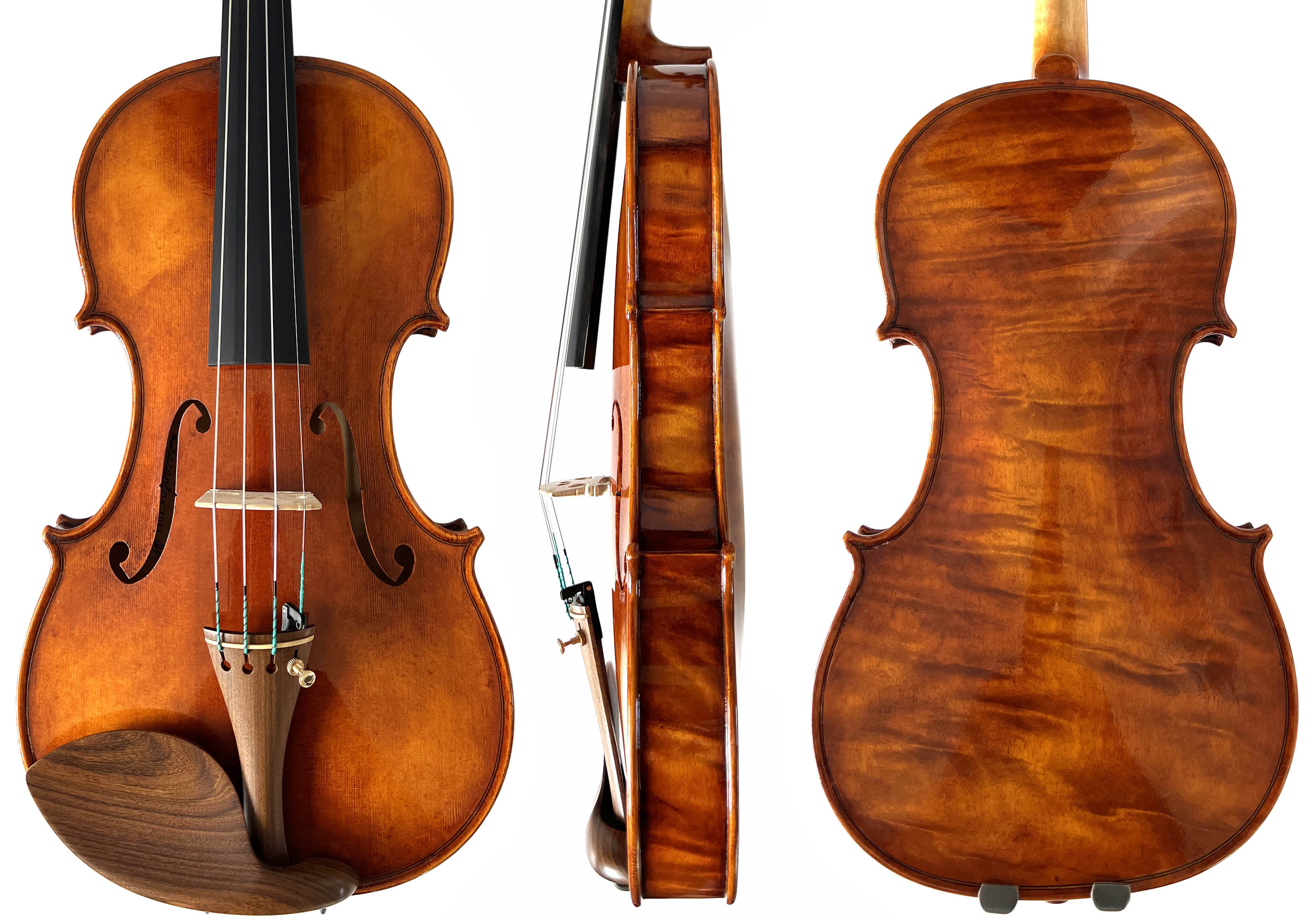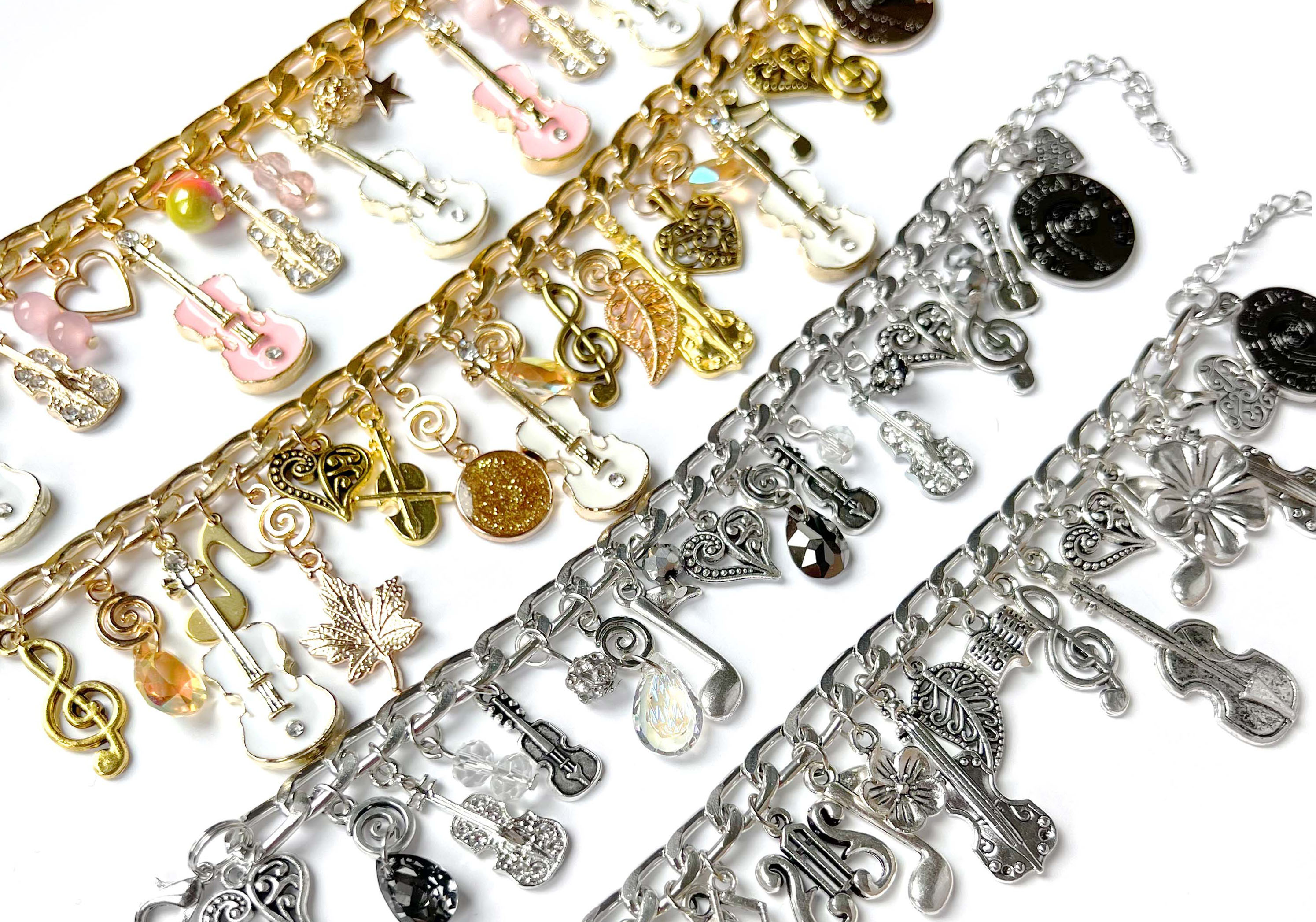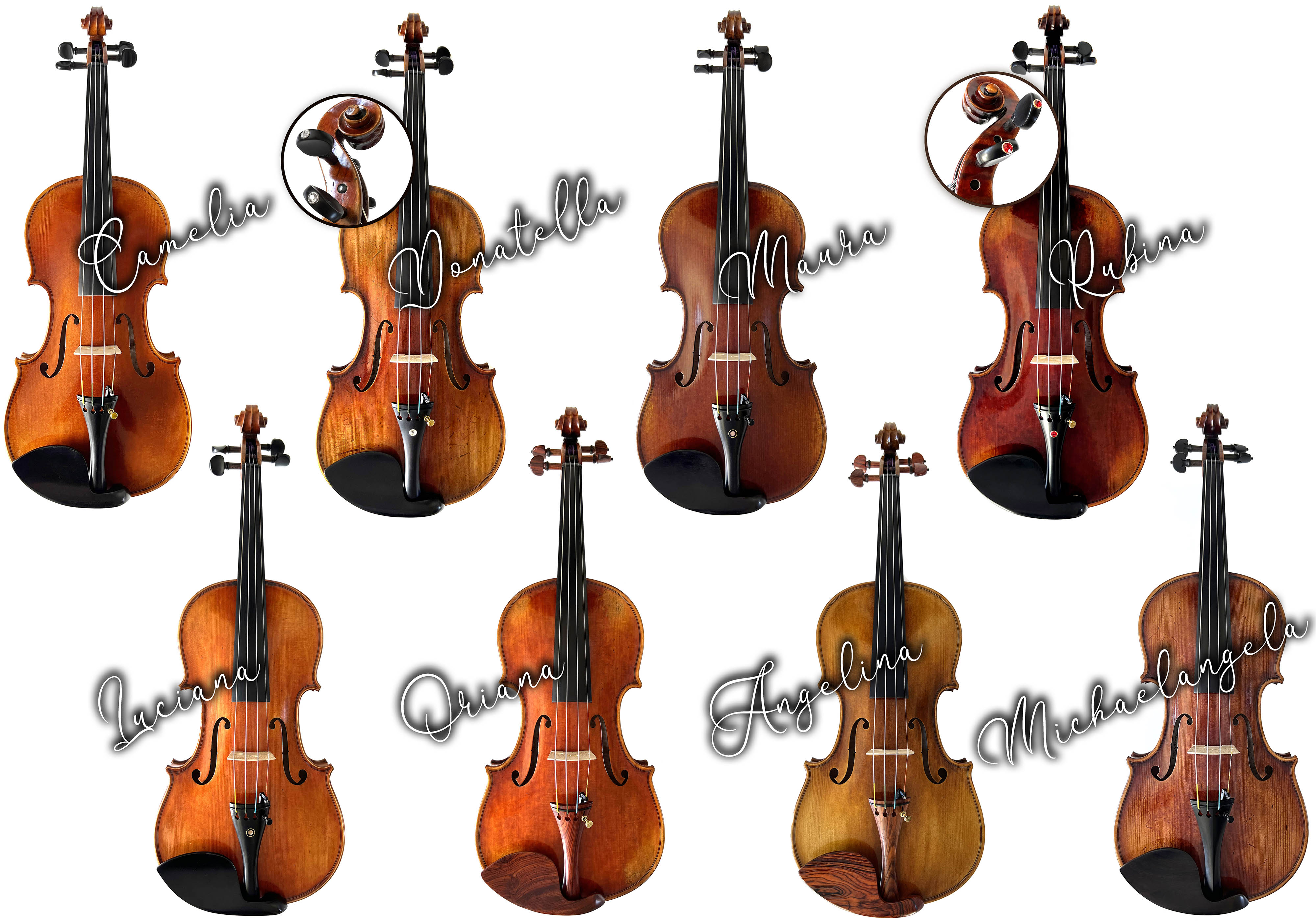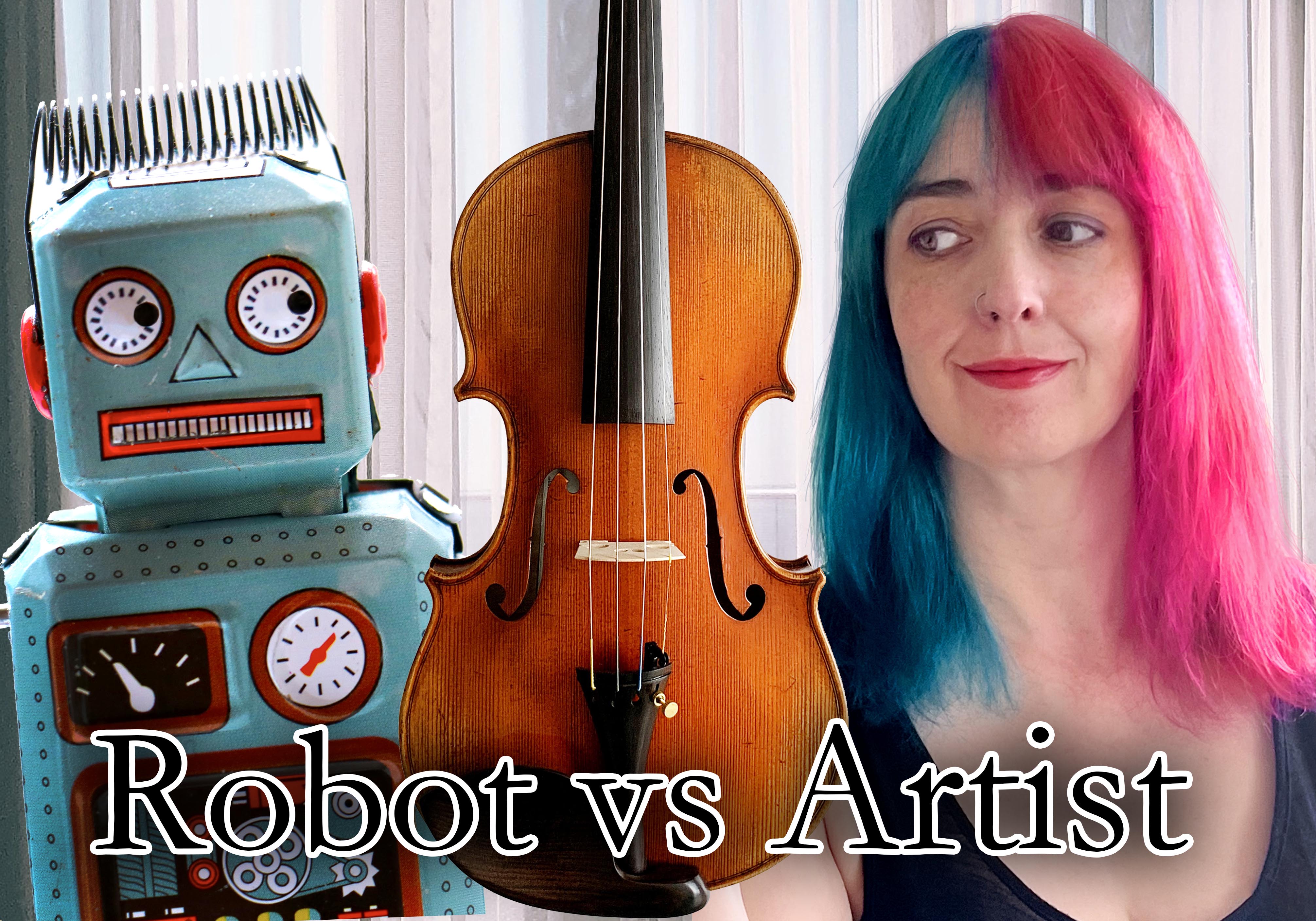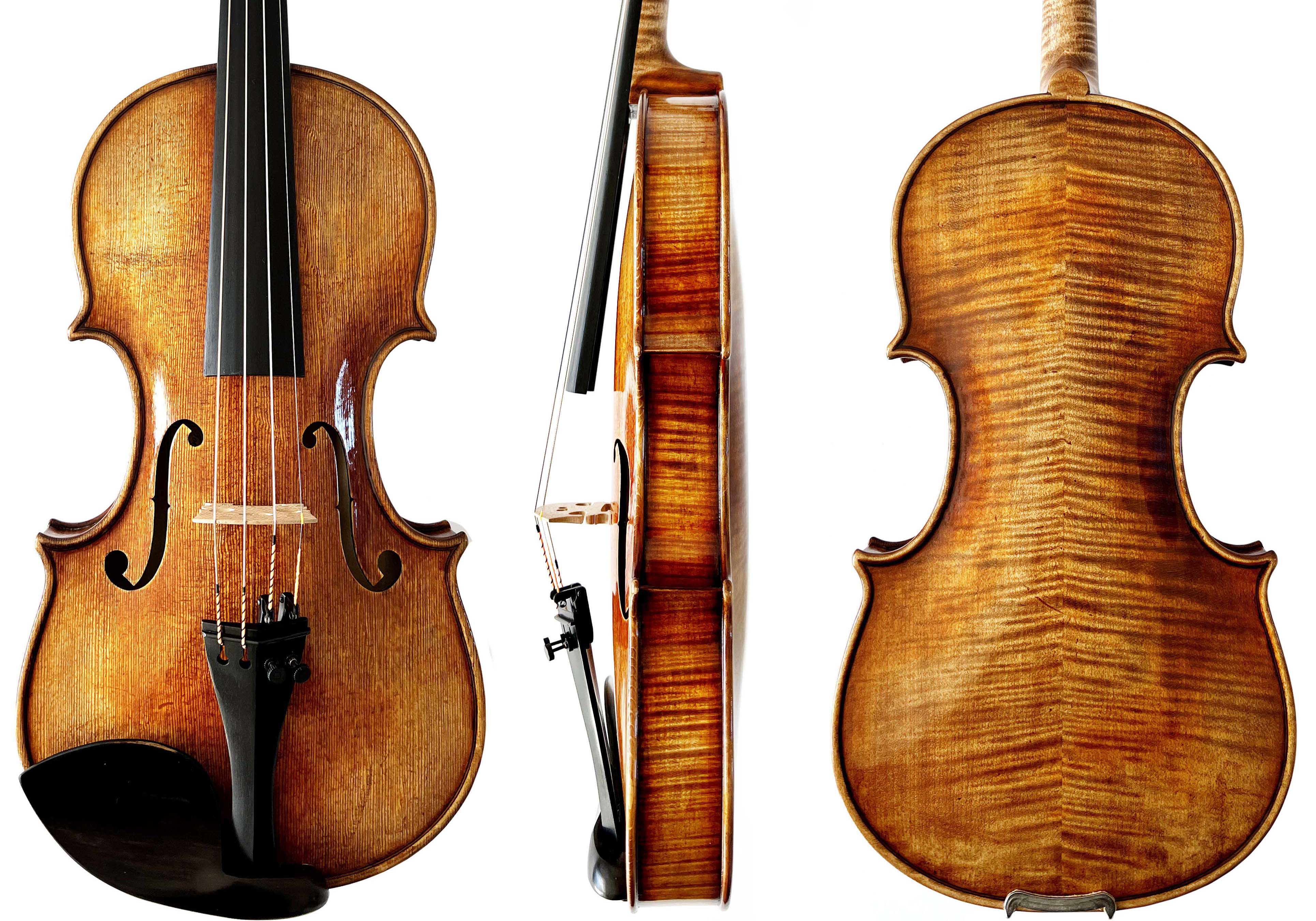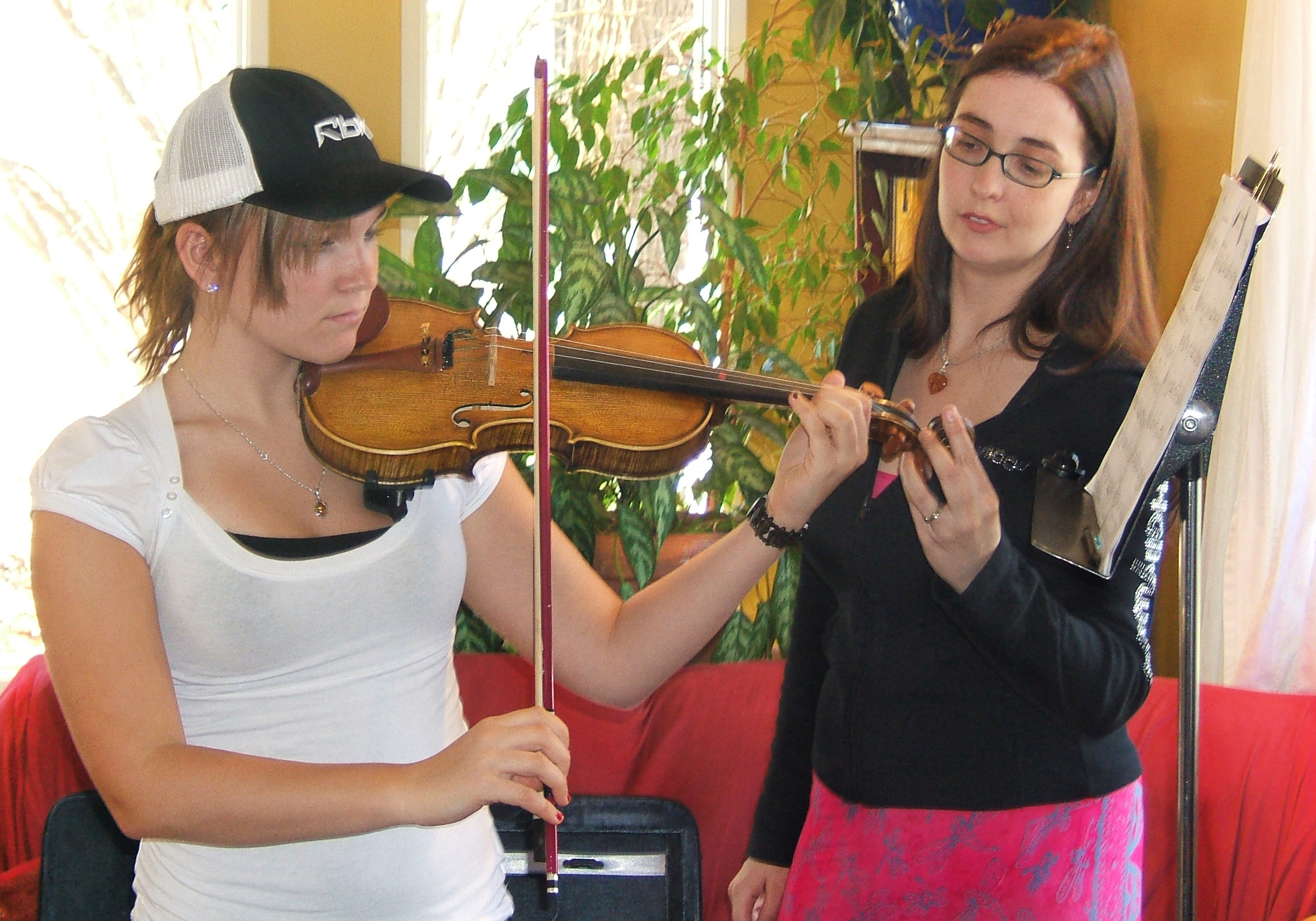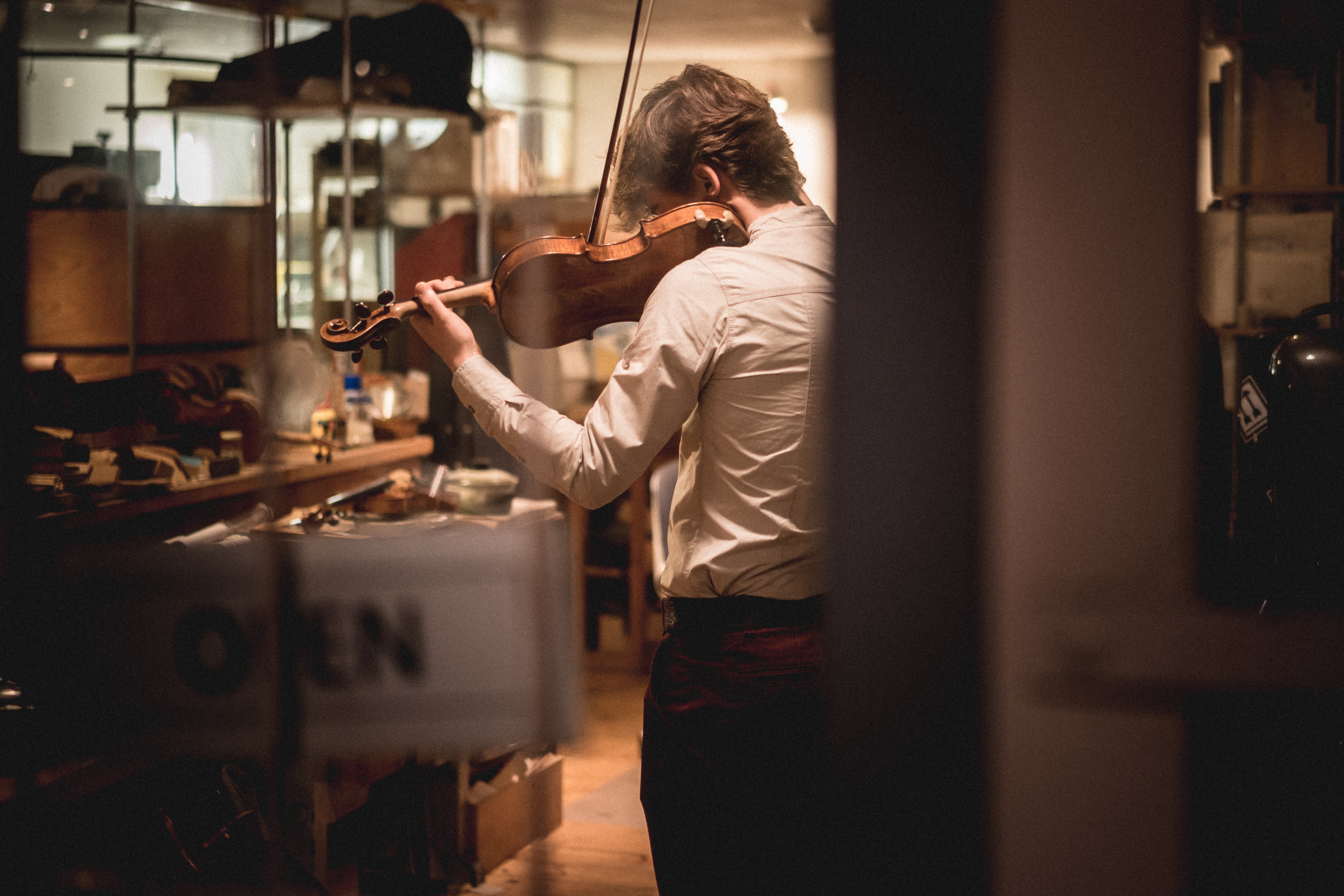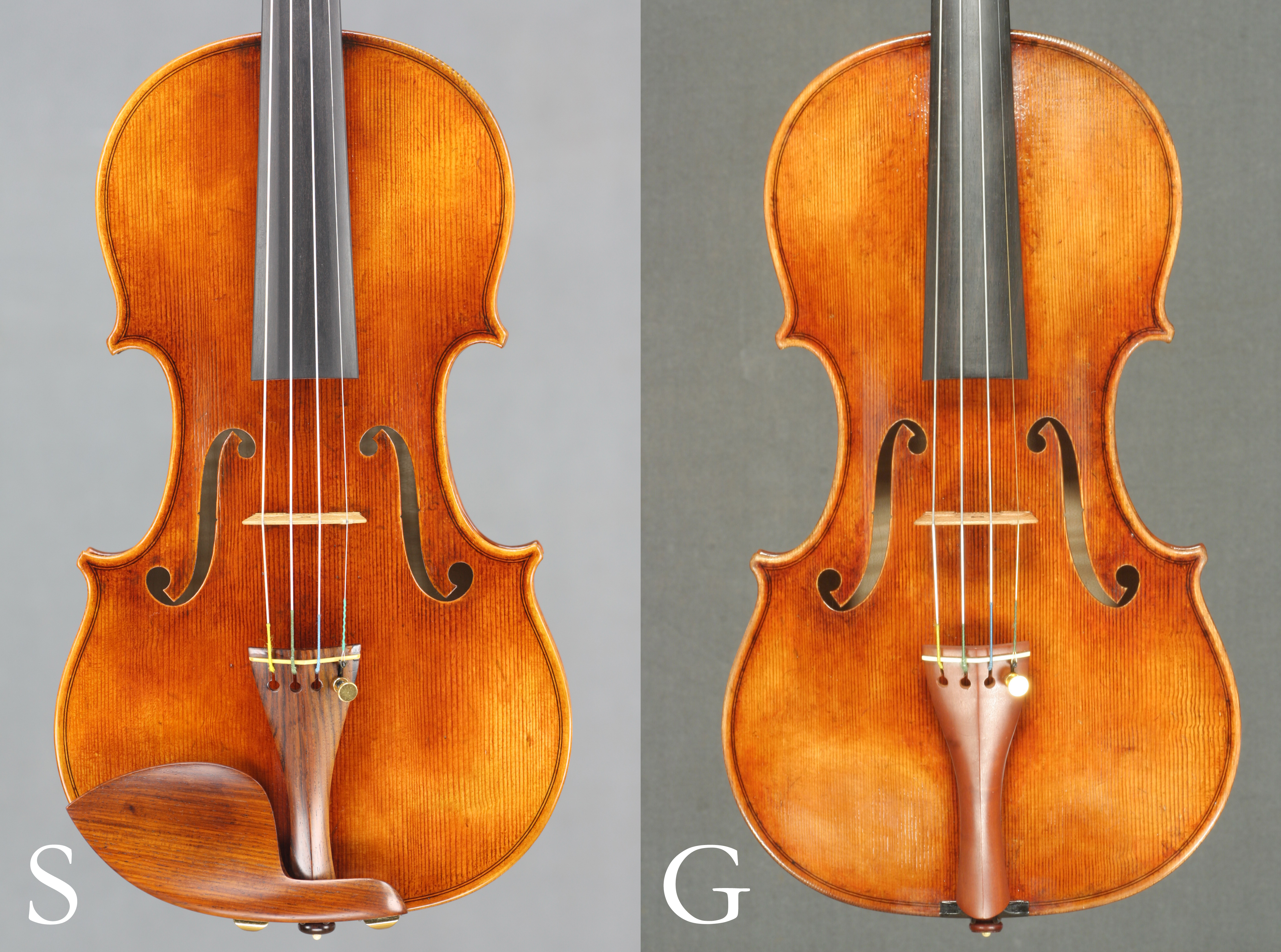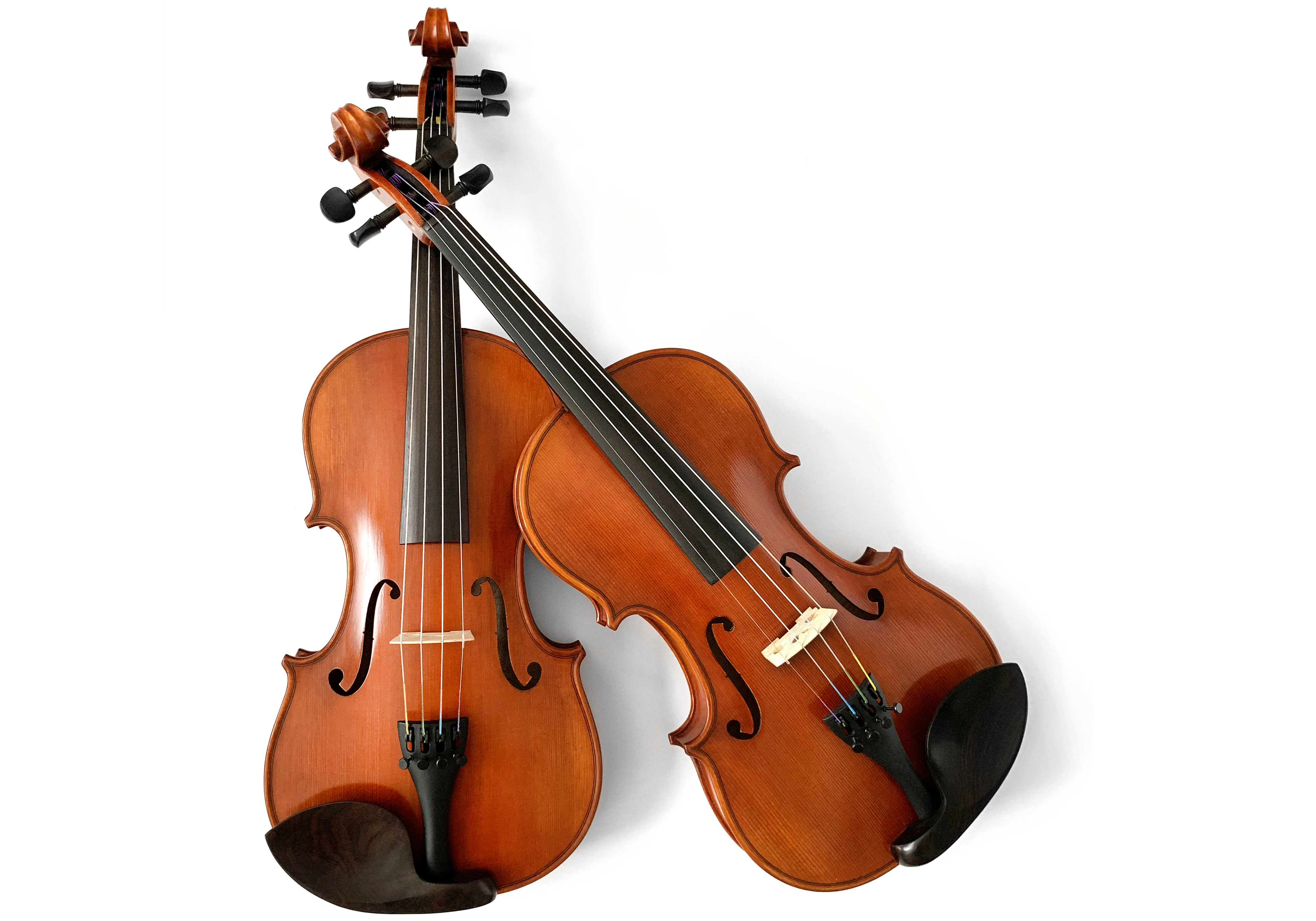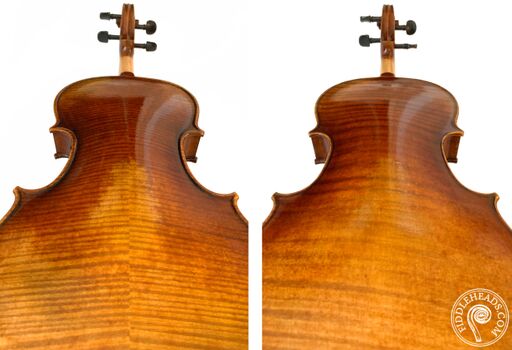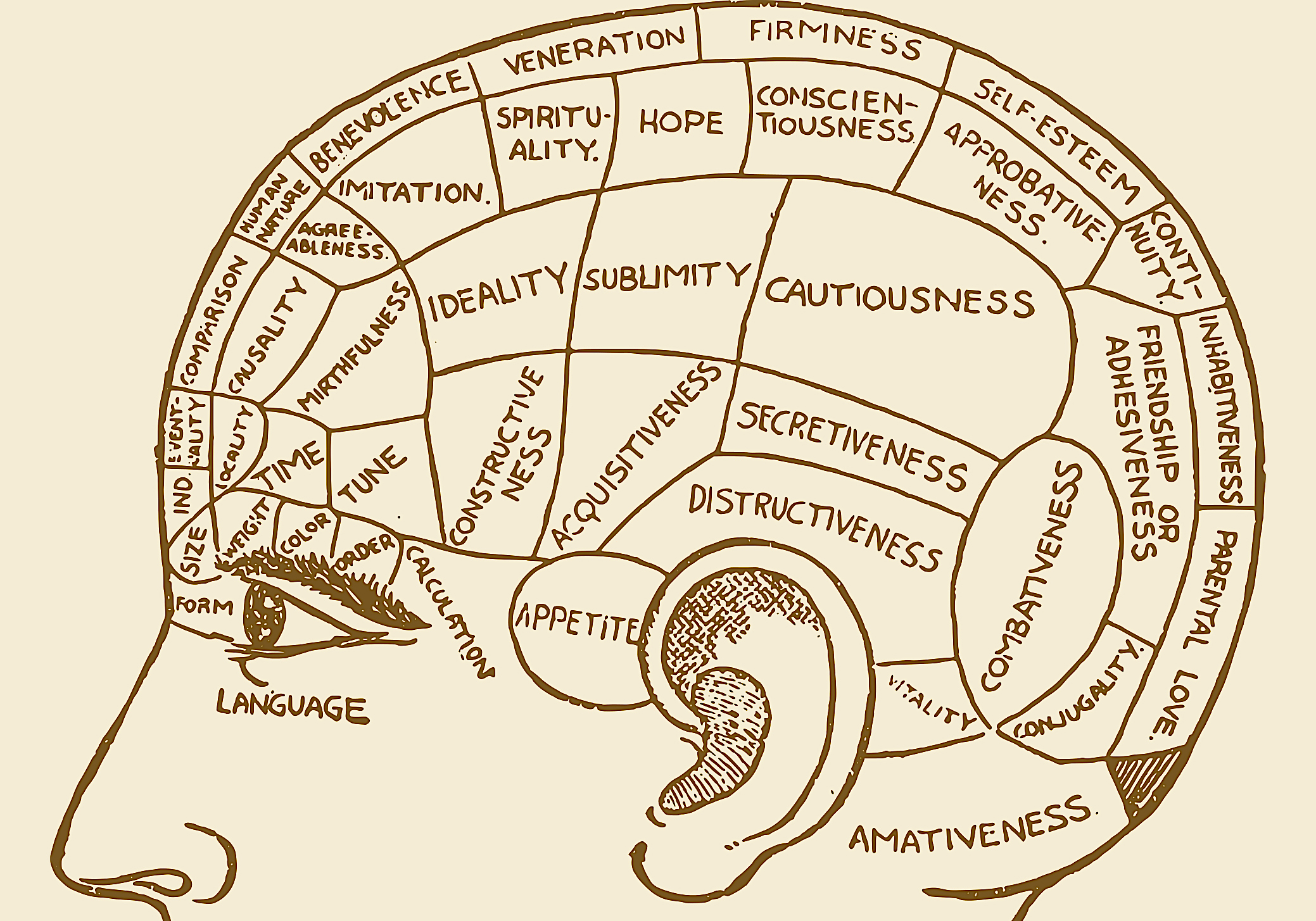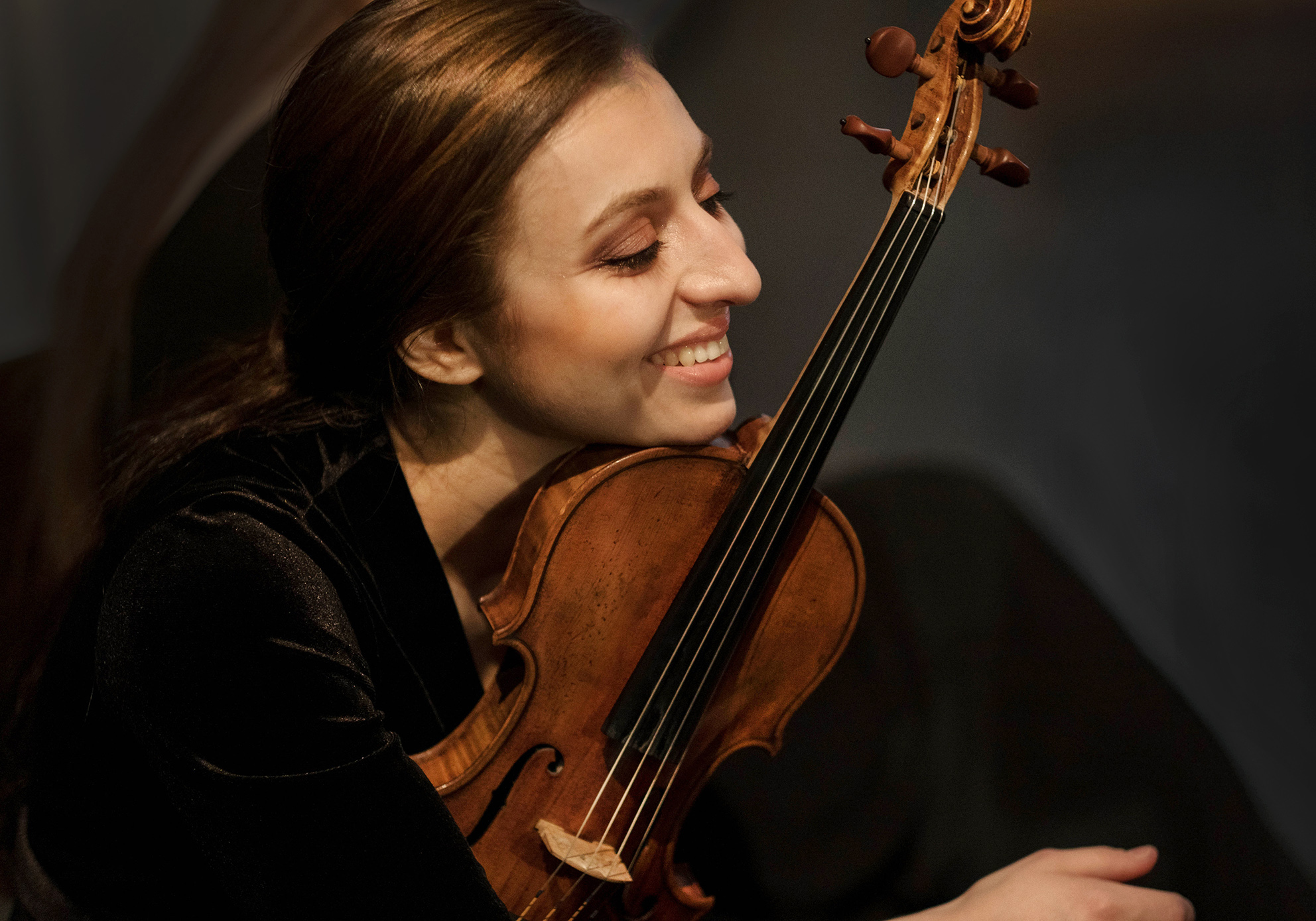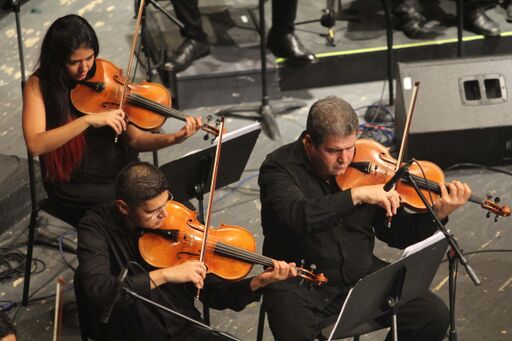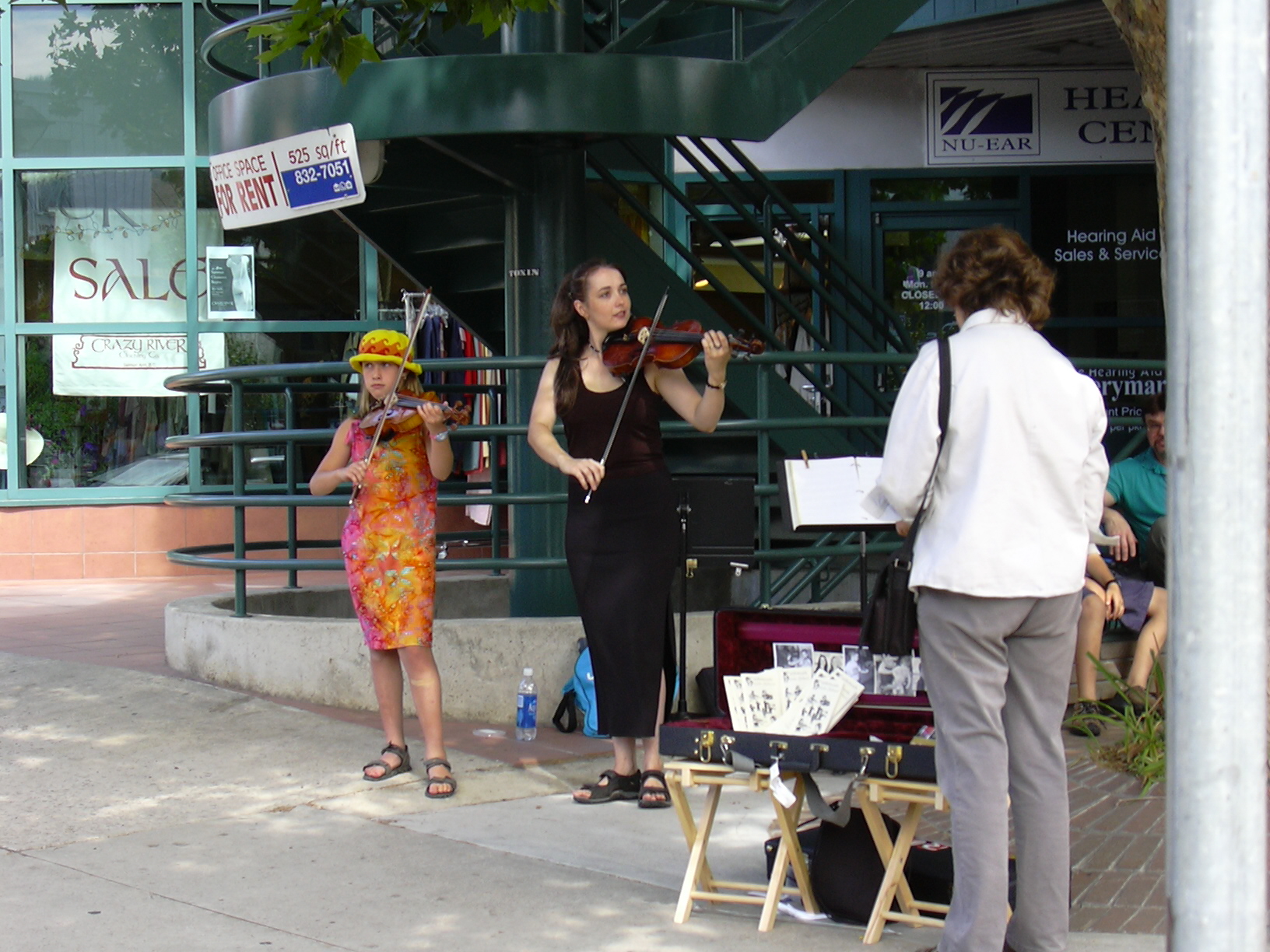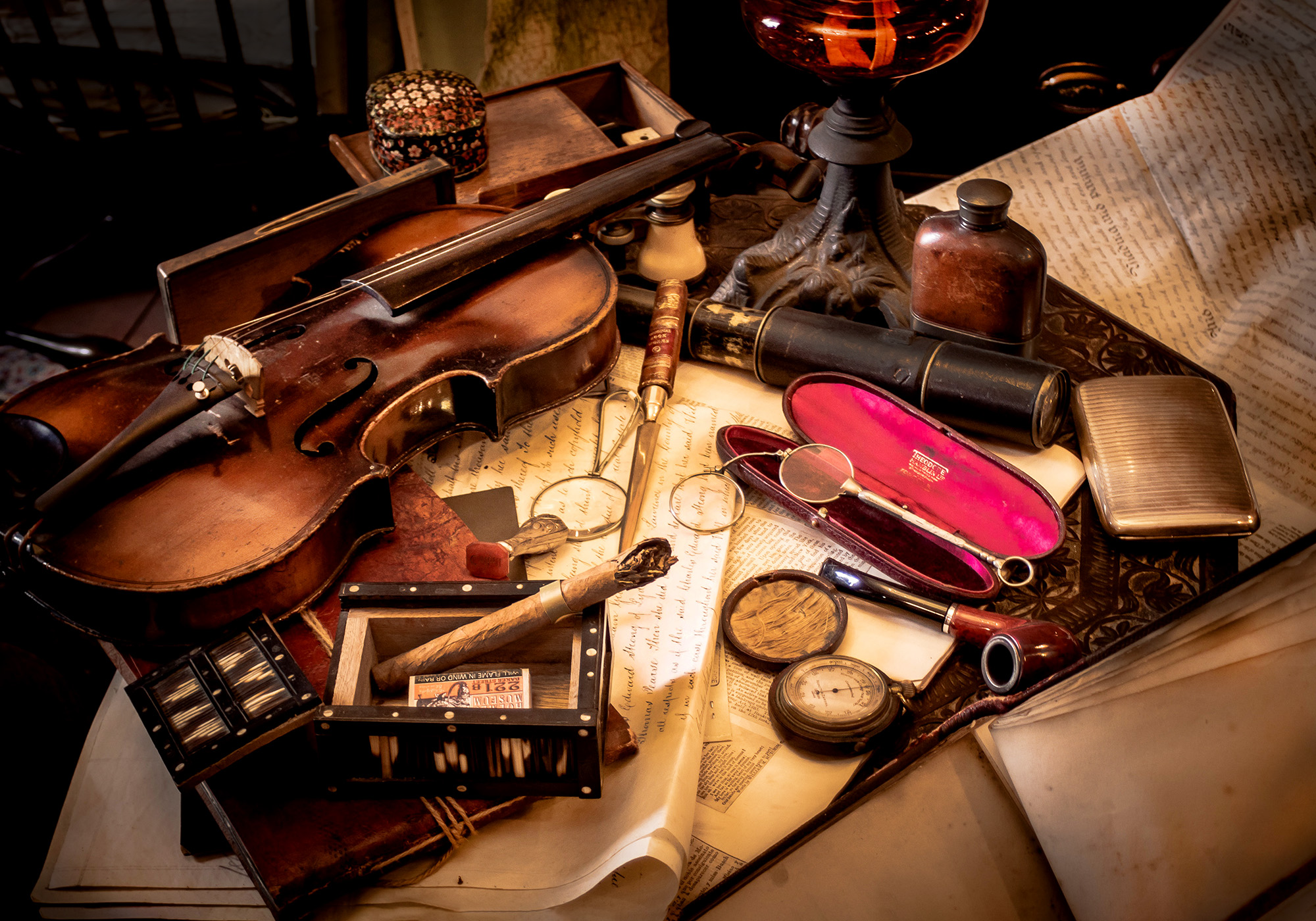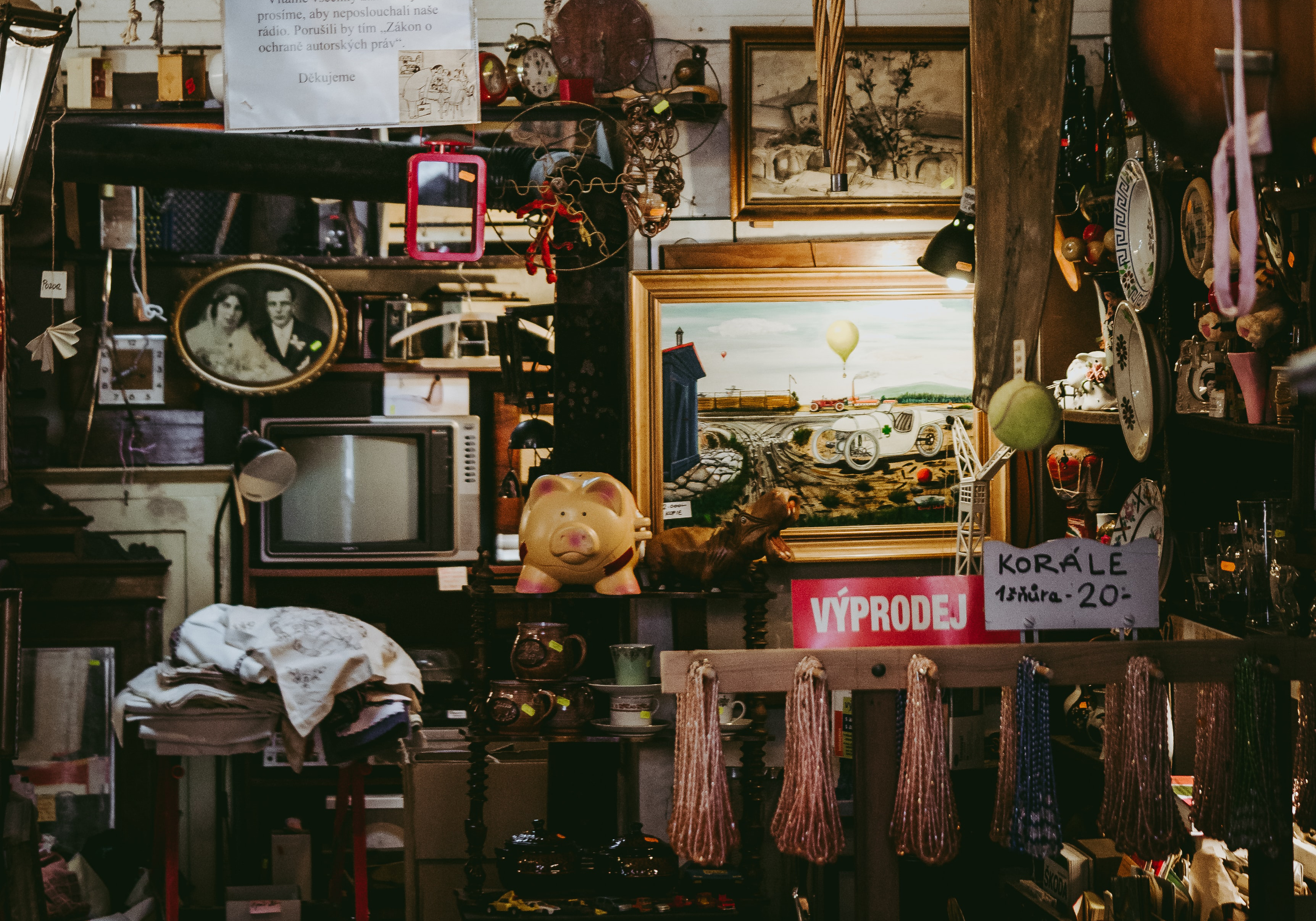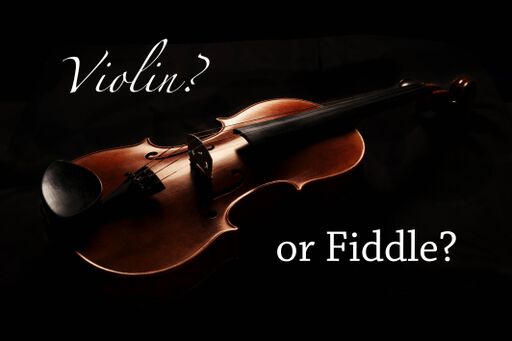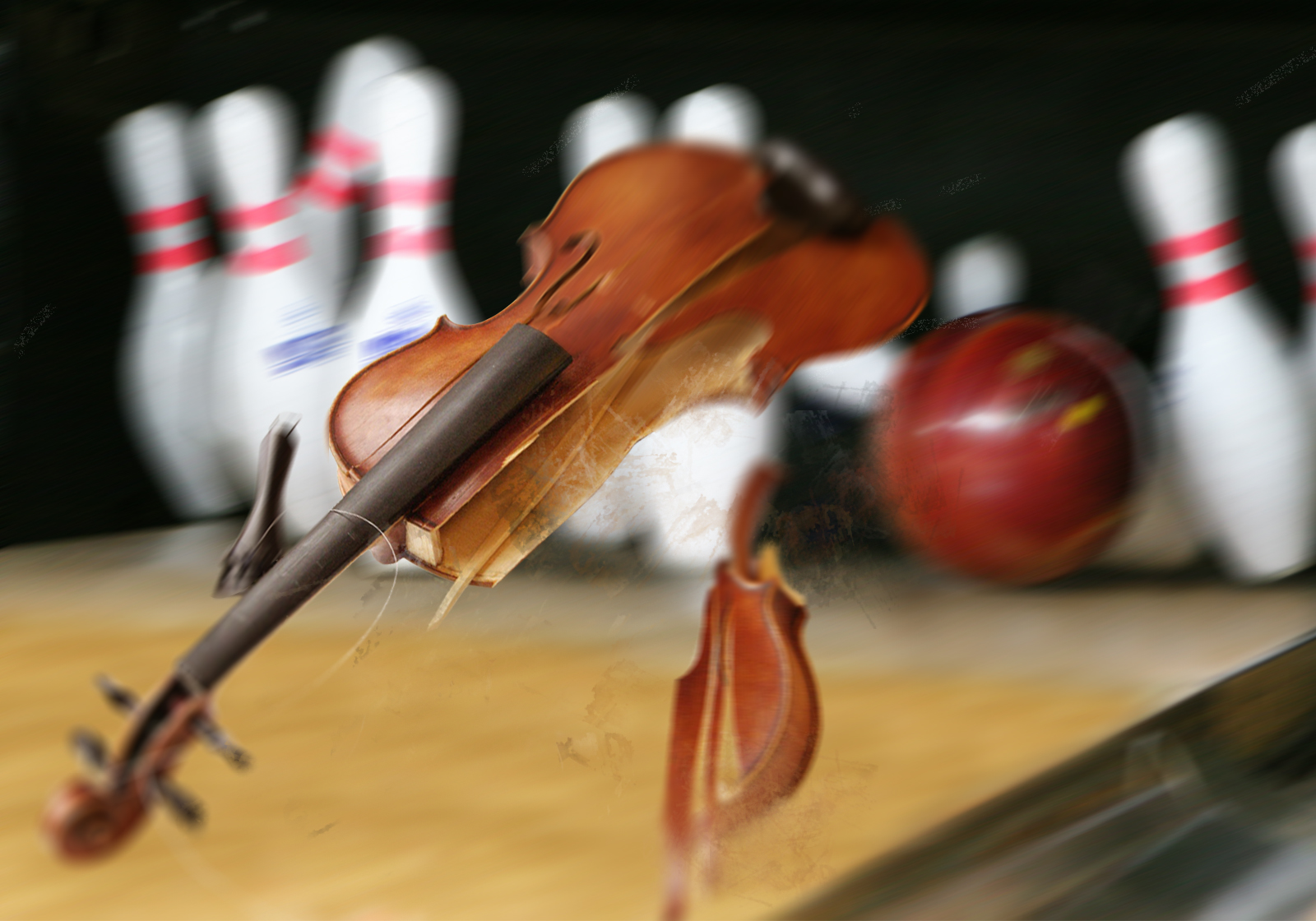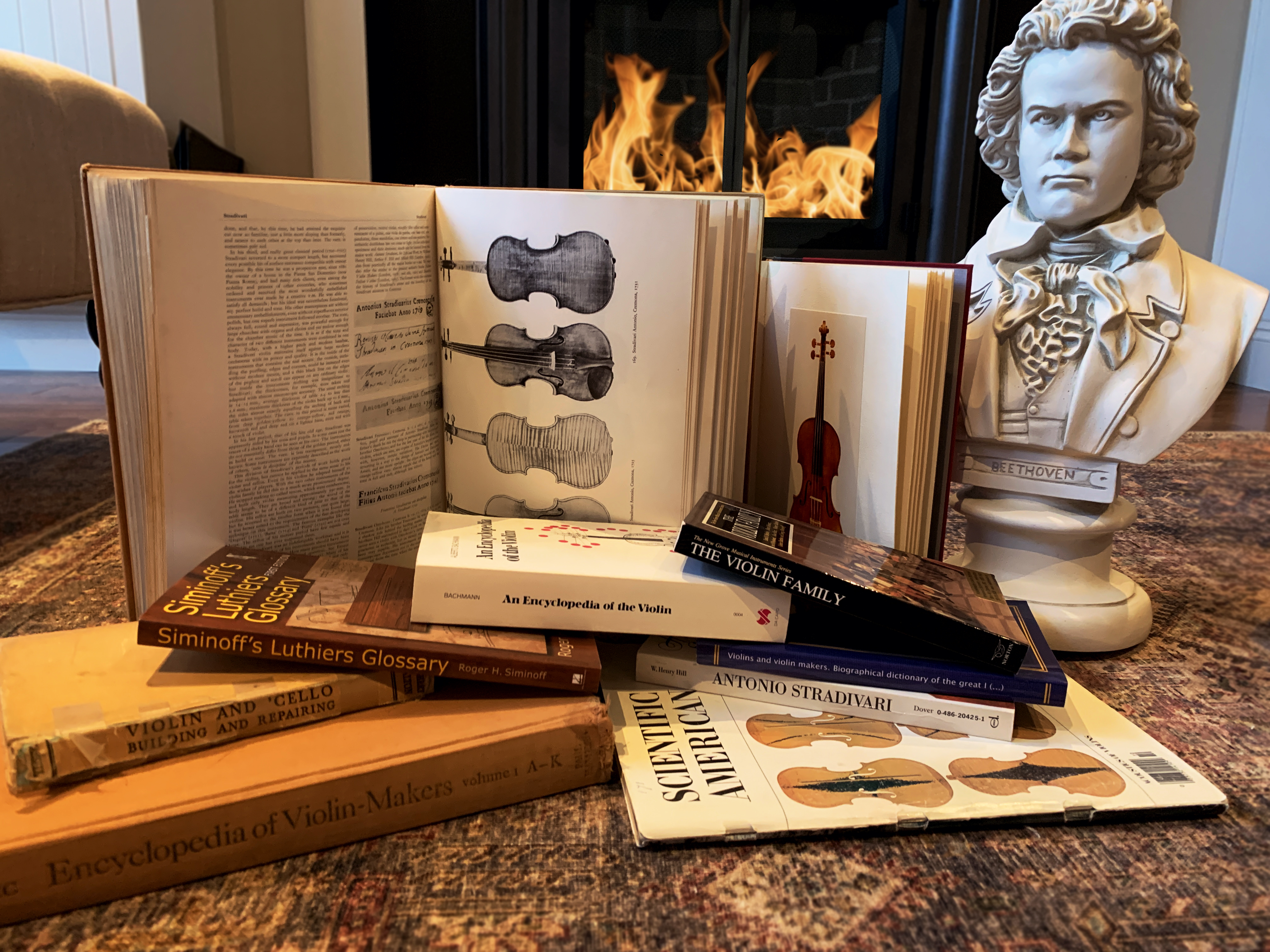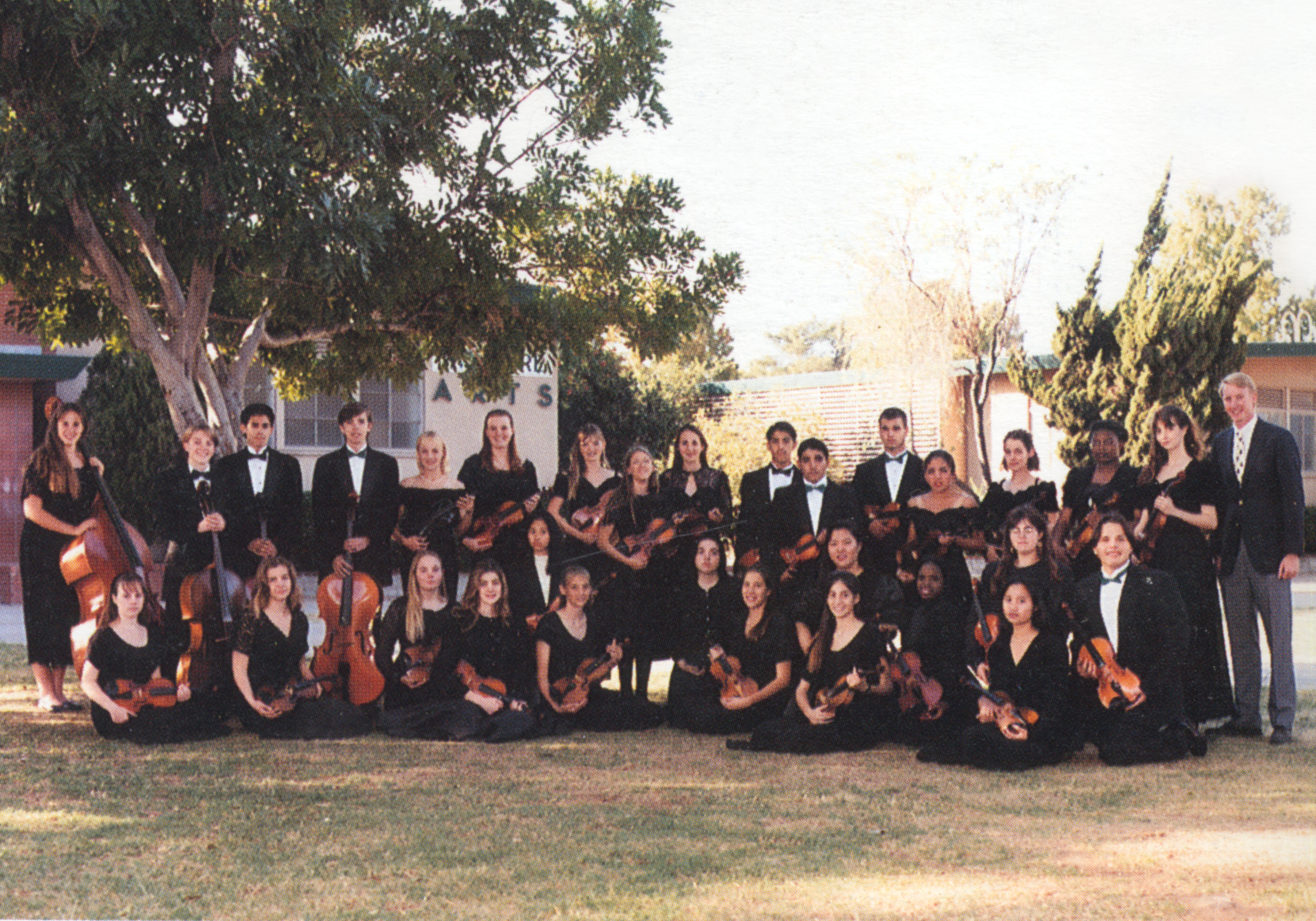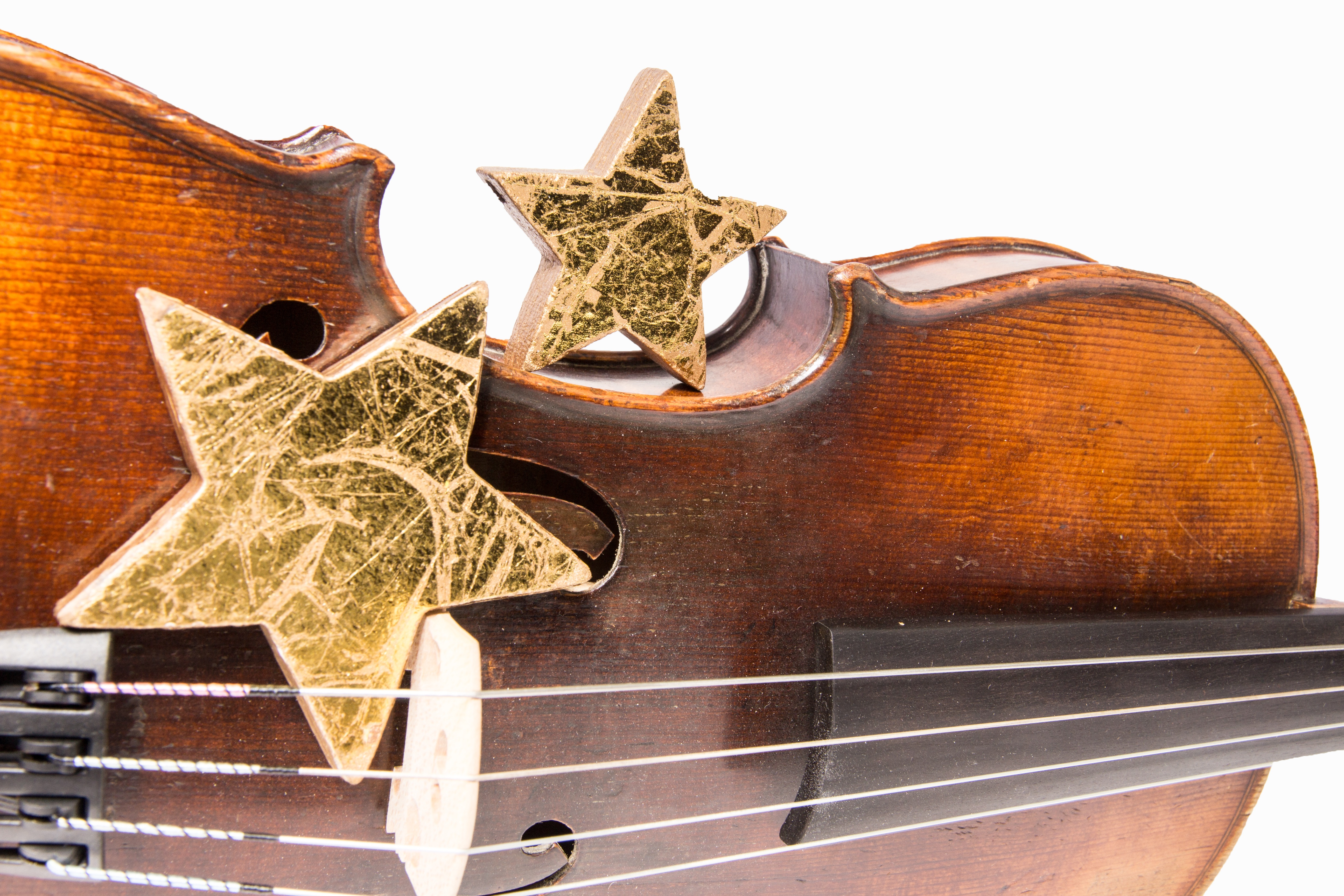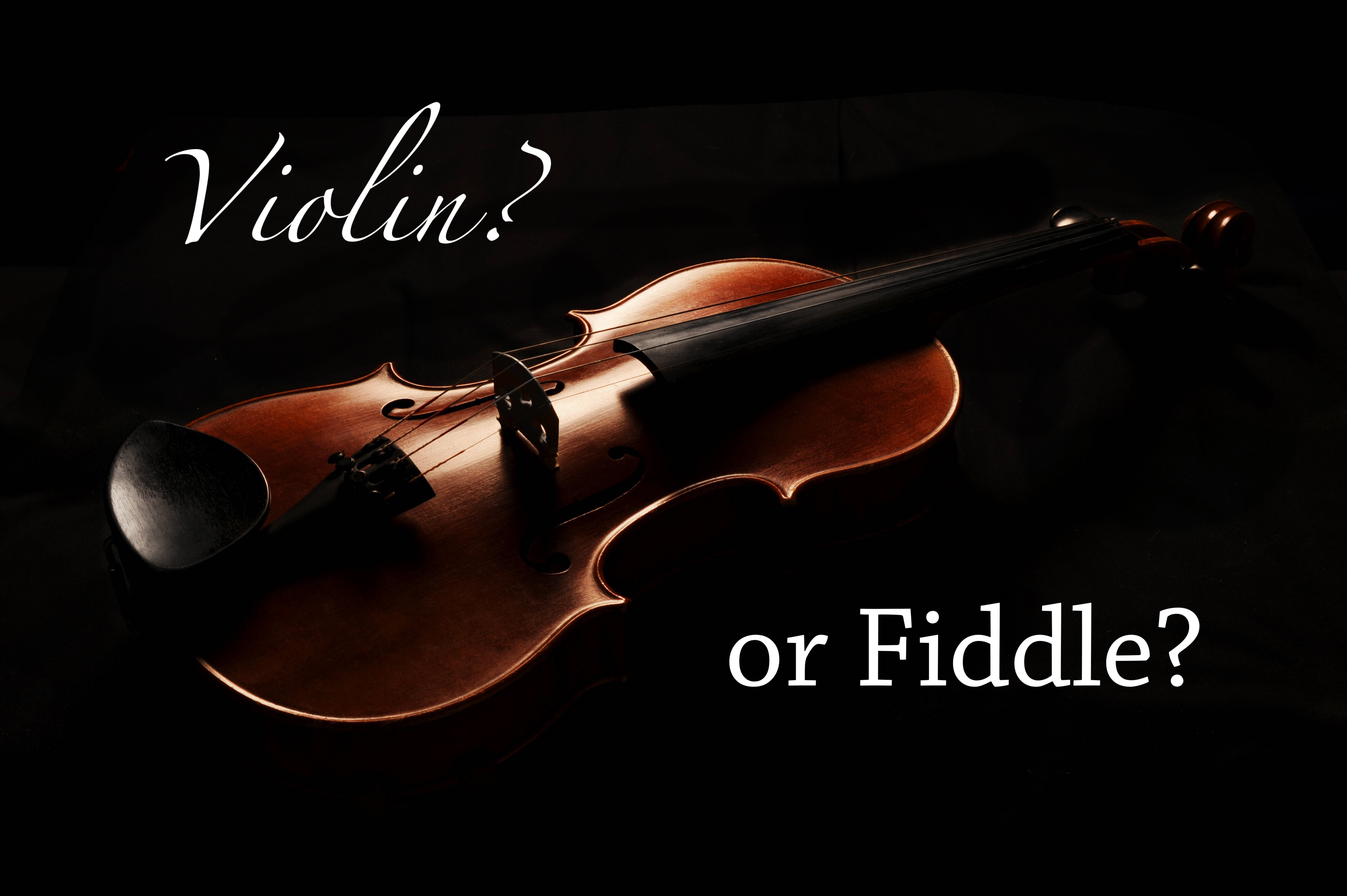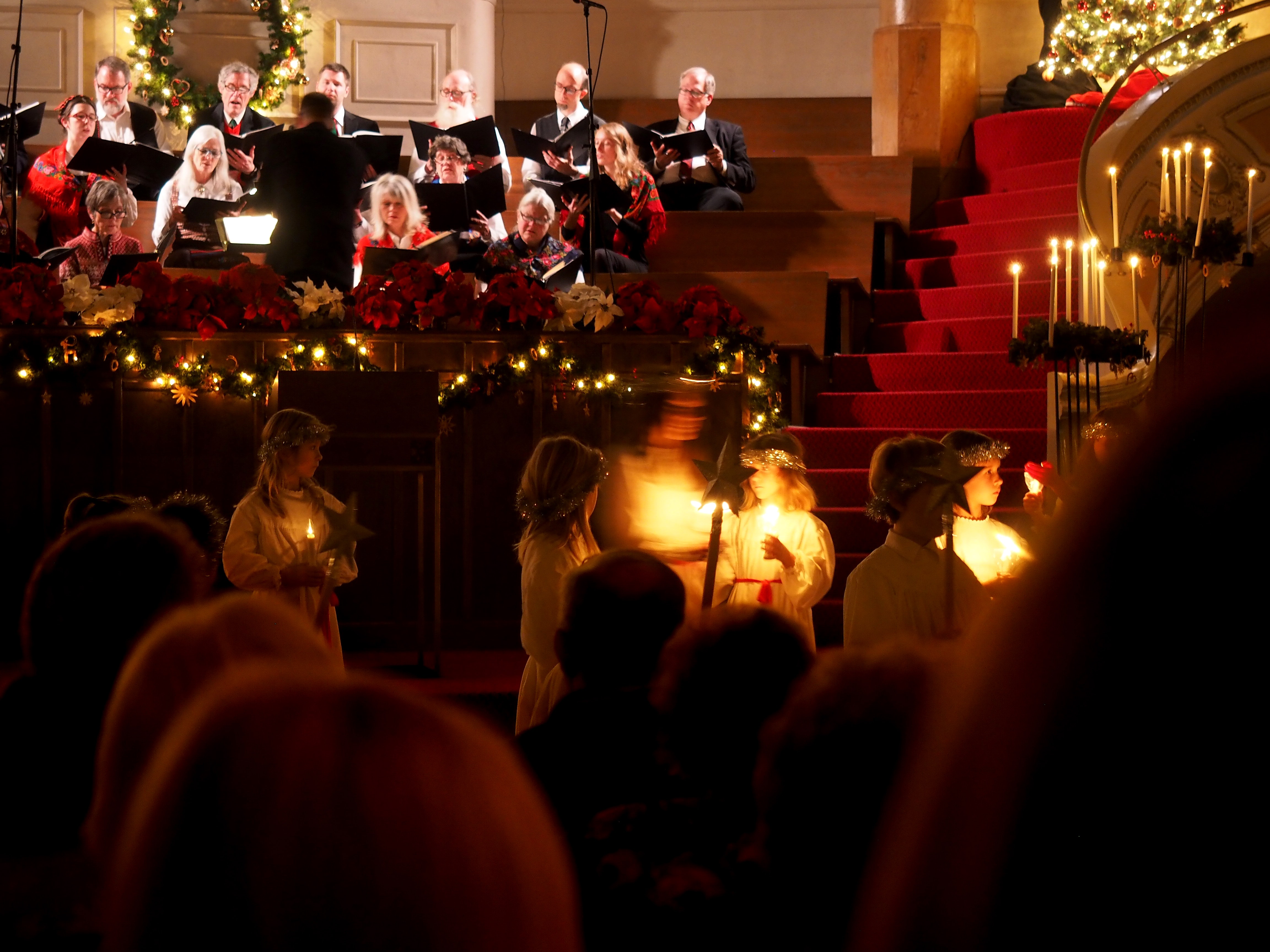Be Your Own Teacher
Advice from a Self-Taught Symphony Violinist
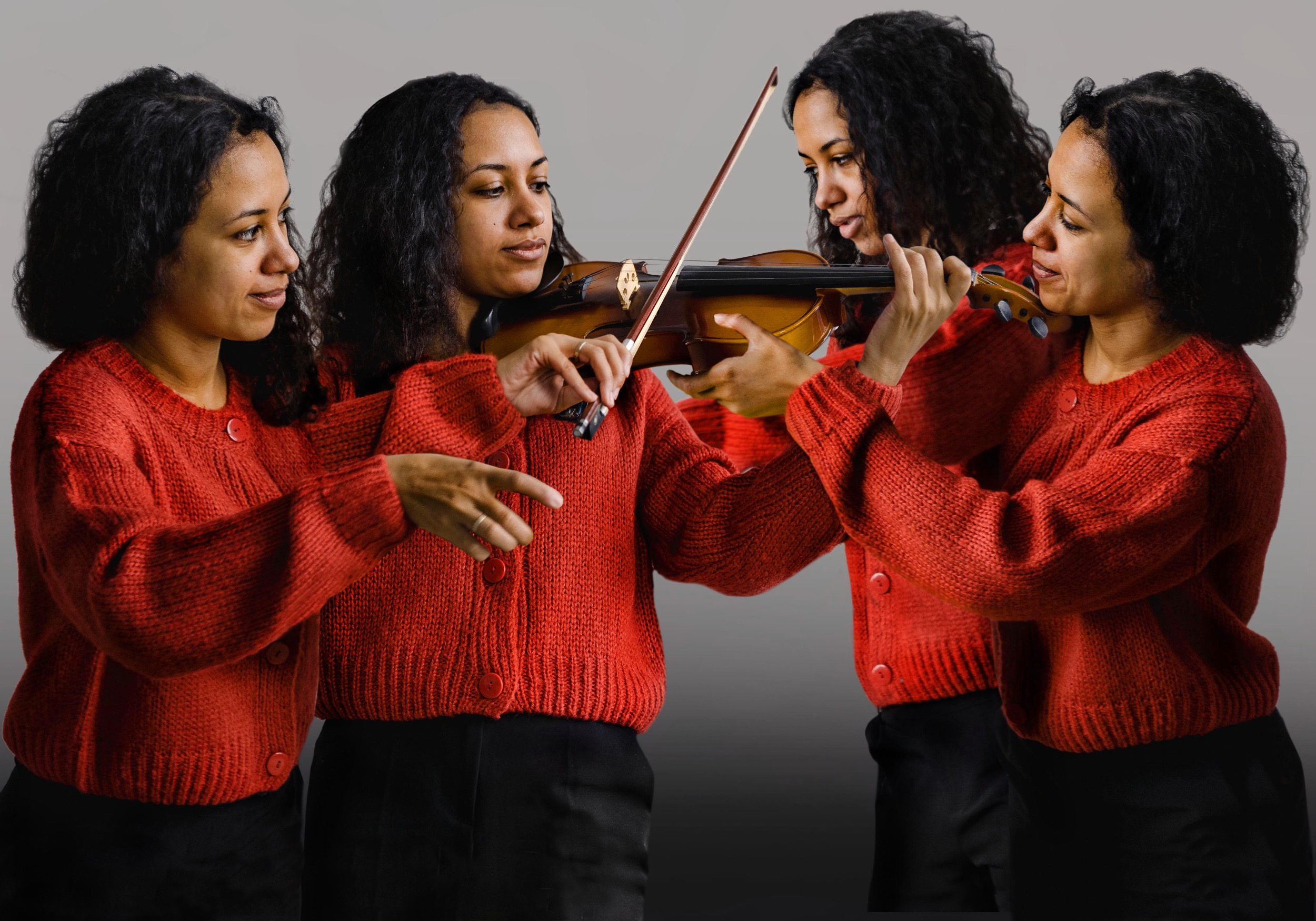
[Image Manipulation by Rhiannon Nachbaur]
My Story
It's commonly believed that in order to learn to play violin, one must have private instruction, and ideally from a young age. I'm happy to tell you these aren't necessarily true. That's because, with the exception of a handful of lessons, I taught myself starting at age 12.
Ever since I can remember I adored orchestral classical music, particularly Beethoven's symphonies. The violin, key to most symphonic music, sang to my heart. In the late 80s my preteen friends started taking up music lessons in the late and I admired and almost envied their studies from afar.
My single-parent mom lived off a weak NASSCO ship-painter salary [my mom painted the tragically rusted-out Exxon Valdez, in fact] in the ghettos of San Diego. She was in no financial position to pay for weekly private lessons, but she understood my love for music and invested in my first instrument using part of a meagre settlement she received after a serious work injury to her back. Yeah, the lady was a saint.
My mom also saw the value in moving out of the dangerous neighbourhoods she could afford and went into debt in order to move to a part of San Diego County with better schools and less crime. I was part of the decision, begging that we move to the catchment for a middle school (now an arts academy) with one of the few remaining orchestra classes in Southern California.
The rest is history.

Start with a Quality Instrument
The importance of a good first instrument is key to the success of any student musician.
Purchasing my handmade midrange German workshop level violin set my mother back over $1000, which converts to over $2000 thirty years later thanks to inflation. I only wish Fiddleheads existed back then because violins were overpriced and options incredibly limited with most general music stores at the time.
Just prior to playing this violin, I briefly played a used Suzuki rental violin and it was incredibly difficult to play owing to poor setup, cheap construction and abuse at the hands of previous renters. I admit, I nearly quit until a peer allowed me to try her far better violin. The experience proved much of my struggle resulted from using a bad violin and taught me that a good violin is essential to learning.
Suffice it to say, my own first violin was of much higher quality than what most beginners treat themselves. It was a solid first instrument with well-rounded tone that blew any then-popular Suzuki violins out of the water. Night and day difference.
Having a violin with proper setup (this makes all the difference to an instrument) and good tone I could grow into made it possible for me to maximize my potential in music and ultimately become a professional musician. Unlike players struggling to determine if a yucky squeaking sound is the fault of the player or the instrument, I could clearly understand where my limitations were holding me back, and know it was not owing to an inadequate instrument.
Additionally, I was rewarded with a lush tone when I played well, something a cheap violin simply cannot do. Practicing was a delight with a violin that carried me through.
It's quite unfortunate that even those with the means to purchase a far better instrument, most people opt for a "beginner violin." It is assumed that all beginners start on the cheapest violins and upgrade only once they have gotten to be strong players. The concern in procuring a better instrument is that the player may quit and have a costly violin kicking around unused.
But sadly most instruments in the "beginner" realm at general music stores are hardly violins and more like toys. The harm in playing a poor quality first instrument is greatly underestimated. Statistically, I have determined from running my own lessons studio for over 20 years, I found players with a quality instrument were over four times more likely to continue playing after the first few months than those with crummy instruments.
I am forever grateful that my mother bought such a quality first instrument for me. Can you imagine a parallel universe where I only had that awful Suzuki violin and gave up, frustrated and embarrassed? Instead, in our happy reality, I excelled in my music, became a violin teacher myself and went on to provide quality instruments to other players.
Start Your Search: Fiddleheads has instruments for all budgets, which can be narrowed down easily by size, colour, options and more in the layered navigation bar on the left side of all our desktop view catalog pages (mobile users, tap the "hamburger" icon for this menu). You can also benefit from our Advanced Search page.
Play with Others
Though the other students in my middle and high school orchestras had private lessons after school, being in the class was as good as it would get for me. And what a difference to my self-education it made!
Like learning a new language from speaking with others, musicians also need an immersive experience. Playing violin is so much more than playing black notes on a white page, but relies on mimicking stylistic and expressive elements from players who have mastered such subtleties.
There are many opportunities for playing with others, such as group classes, school and community orchestras, Old Time Fiddle groups and worship groups. No matter the setting, there is always something to be learned from peers.
Even in just playing with one other person, one who is experienced or just starting out in music as you are, such a connection and routine will provide enjoyment and camaraderie that may be missing if you go at your journey alone.
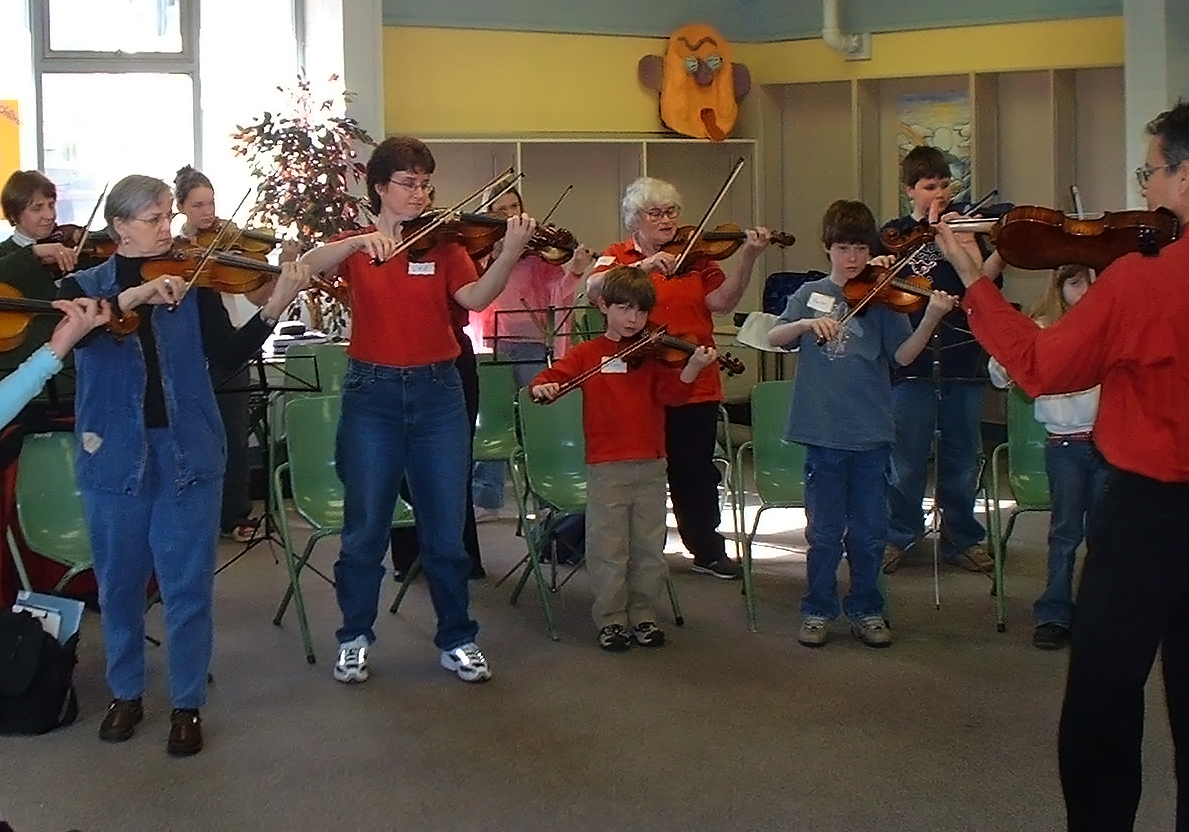
[Photo: Rhiannon and the Shuswap Violin Society organized a Strings Alive Masterclass with the Concertmaster of the Okanagan Symphony, Denis Letourneau in 2005]
Group Classes
Group classes are often offered by music teachers for younger children, such as with the Suzuki method, but some teachers also offer a group option for adult players seeking ensemble experience.
Some groups require that the members are enrolled in private lessons with the teacher, but some teachers offer a group option for learners on a budget. A group class, of course, allows less on one time with the teacher, but in a financial pinch it is still a solid option.
As you become more advanced in your playing, you may like to sign up for a "Master Class," which is like a group lesson or workshop with some or all participants having an opportunity to take turns to play for the teacher and receive feedback. In learning in this group environment, all players can learn from the advice given to the other players.
Similarly, some communities have Rotary and similar club-sponsored "Music Festivals." Unlike a professional outdoor festival, these festivals are for students to compete and receive marks from a professional musician and teacher. The Royal Conservatory of Canada community has many festivals like this across Canada.
In My Youth: I didn't take group classes when I was learning, as I was in orchestra at school. But I have taught group classes myself in my studio and master classes as an outside hire. In high school I competed in the SCSBOA (Southern California School Band & Orchestra Association) Solo and Ensemble Festivals and won the top rank, Superior, each time. I also competed with a string quartet in the BC Provincial Music Festival (Royal Conservatory) just before my second year of music college where we lost to a group of kids half our age!
School & Community Orchestras
Many towns and cities have some sort of community orchestra. Some cities have a school-sponsored orchestra that also welcomes adults to participate. Sometimes colleges have various levels of orchestras, some of which are open to the public. Usually these amateur groups are non-profit and funded by enrolment. Other times, local businesses and government sponsor the group or individual players/seats.
The difficulty of the music varies, as does the ages of the players. Some groups focus on a particular genre, like classical or baroque, but most, in my experience, play a wide range of music, including "pops" (which includes soundtracks, pop tunes, etc). Depending on the membership and conductor, some groups require an audition. But rest assured, most of these groups are happy to have interested players and are quite forgiving for less experienced players auditioning for the first time.
Similarly, if you attend religious services, many churches and groups have a worship band or other music group, as do some military organizations. Even if your area doesn't have a string group, you may be welcome in a community band. Just be sure to learn your flat keys as woodwind and brass instruments tend to favour flats over sharps.
My unique experience: I had my start in a middle school string orchestra, then a year later started playing in the intermediate string group with the San Diego Civic Youth Orchestra (CYO). In high school I was concertmaster of our school string orchestra. A year after that I was in the advanced symphony group with CYO, then by junior year in high school (grade 11) I joined the Grossmont College Symphony. My final year in high school I founded and led an after school Helix Chamber Orchestra at my high school with a mix of peer string and wind players. Each group offered a unique learning experience for me and allowed me to grow as a player, to the point of membership for years in a professional symphony.

Fiddle Groups
Fiddle groups are typically far less formal in their format than orchestras. They are usually run by amateur players with the goal of keeping the fiddle tradition alive in a world where fiddle music is far from mainstream anymore. Most of the time there is no head instructor and instead the group manages by offering more general jam-style get-togethers.
Stronger players help the newer players and a strong sense of community is built. True to the old time tradition, usually the songs are learned by rote, by ear, as opposed to using sheet music. This is especially preferred by players who are not keen on learning to read music. Ideally all players can learn to play with music and by ear.
In a similar vein to fiddle groups, many areas host Fiddle Camps. These are typically held in the summer months and attract players from far and wide. Camps are a far more immersive experience than evening meet-ups because they typically take place over a long weekend or a span of a couple weeks. The Fiddle Camp world is pretty tight-knit, so if you meet someone who is involved, they will likely have many recommendations and connections from which you can benefit. Note that many such events happen outside with camping, so it's quite an earthy experience for city folk.
Campfire Fiddle: Should you participate in outdoor playing activities, such as at a camp, you may like to have a spare instrument and bow for this purpose. Many a violin has been wrecked by the elements or a clumsy participant who didn't see your violin on the floor of your tent. My students and I jokingly call such spare instruments "campfire fiddles." If you don't want to play your $5,000 masterpiece at the campfire, do seek another one to use that isn't as costly or painful to replace.
Learn to Read Music
Some traditional fiddle groups have a more experienced member play new tunes to the group very slowly and in short music phrases so that it can be learned by ear rather than by using sheet music. Or they play at a moderate tempo but play it in a loop, so a 60-second tune is repeated 30 times over a practice session spanning 30 minutes.
As a beginner, I personally found it far more satisfying to learn to read music as it is faster than memorizing whole tunes slowed down or looped. I was spending more time trying to remember the tune rather than perfecting how I was playing it. And it meant no room in my brain to remember dynamics, bowings, and other elements beyond the notes themselves.
That said, my first year playing in orchestra class without lessons was spent largely learning by ear and using the sheet music as a guideline for lack of formal music reading training. Learning to play by ear gave me an incredible sense of pitch, but I was also lucky to be born with perfect pitch genes.
It was a very embarrassing San Diego Civic Youth Orchestra rehearsal where the conductor, aptly named Mr. Torns, called me out for not having strong reading skills. Faced with the threat of being let go from the group if I didn't bone-up my reading, I was very motivated to hone my reading skills and trust my eyes as much as my ears. It was an intimidating experience but it taught me an important lesson: skipping steps only holds us back and knowing how to read is a gift.
Simply put, relying on sheet music frees your brain to perfect your performance and explore more advanced musicality instead of trying to memorize the music in real time. It also means you can stop playing a piece or song for years, then come back to the sheet music years later without having to start over once the notes are forgotten from memory.
There are many method and theory books that beginners can use to teach themselves. I sell a few method books here, and my favourite overall series is "All For Strings."
Once you have a strong skill at note reading, the music world expands exponentially. Want to learn a new tune? Chances are, it's on the internet and in a plethora of keys.
Helpful Hint: A fantastic way to get good at reading music is to compose or arrange other people's music using a notation app on your computer. I started arranging at a young age and it deepened my understanding of notation greatly. My apps of choice in college and beyond were Noteworthy Composer and Performer. You may also like to start with a music theory book for beginners.
Benefit from Free Resources
Sometimes we don't immediately have the option to play with others in a group setting. Even if there isn't a musician with whom you can play, there are always recordings! Don a pair of headphones and play with your own virtual duet partner, orchestra or band.
Back in the late 80s, self-taught players such as myself borrowed cassette tapes and sheet music from the library. Much of the time the library only had micro scores (multiple pages of scores shrunk on to single pages), which I photocopied and cut out the violin parts in long paper ribbons then glued them to a fresh sheet of paper. It was a sticky mess.
I also remember waiting up late to record concerts on PBS to my VCR and paying stupid amounts of money to get an obscure piece special ordered from the local music store, if they were able to find it in a paper catalog. It was rough. Uphill both ways in the snow rough.
Not only have things changed a lot since those days, but many of these easily obtained digital resources are free! Youtube features millions of music-related videos and concerts, as well as countless free online lessons. This is perhaps the 21st Century's greatest gift to musicians. I only wish I had access to Youtube when I was growing up and teaching myself!
Search online and you will quickly find a variety of musician groups in social media, forums and paid subscription services. It's mind-boggling how many micro-communities are online now, and counting.
As for sheet music, it is incredibly easy to find online, many times without any costs. Some sites give the player the option to choose the key of their arrangement and have back-up, play-along tracks with accompaniment. Many music books have digital audio tracks you can download to your device.
Heck, there are a plethora of music apps to help you too. From tuning and metronome apps, to apps that help track your progress or even claim to replace a teacher, the options are pretty much endless.
No Excuses: These days the only thing holding players back from learning is not having an internet connection or an instrument. But if you are reading this article, you obviously have access to the web and have found just the right place to purchase your first or upgrade instrument!

Record Yourself, Keep a Practice Journal and Set Goals
It's easy to forget how far we have come in our studies. A teacher can hear your improvement, but many players forget how far they have come when the progress occurs over time in small steps.
Recording yourself is the best way to track your progress. All you need is a phone, computer with a mic or any other recording device to pick up a tune here and there. I suggest players record a baseline scale or simple piece each time they record so it's easy to witness the improvements week to week within the same sample.
Some players keep a practice journal noting their strengths and struggles each practice session, with comments on areas that need work next practice. Often we pick up our instrument and forget what we were working on last time, so it's a good starting point to tackle the tricky bits from before. It's common to feel frustrated and stuck with a passage in the music, only to have a good sleep and come back to it a day later knowing it inside and out!
Overall, it's important to be consistent in tracking your progress. Try to record yourself and keep notes in regular intervals, and be sure to keep track of the dates.
Advice: Never delete a recording, no matter how awful you think it sounds. Someday you will go back to hear it and feel incredibly proud of how far you have come.
I truly hope this helps inspire you to teach yourself should lessons not be an option financially. Music shouldn't only be for those who can afford a formal education. Plus, doing this all on your own will give you such a strong sense of accomplishment and confidence! You will, in turn, inspire others. You may even become a teacher and professional musician just as I did!

Rhiannon Nachbaur, Fiddleheads' Owner
